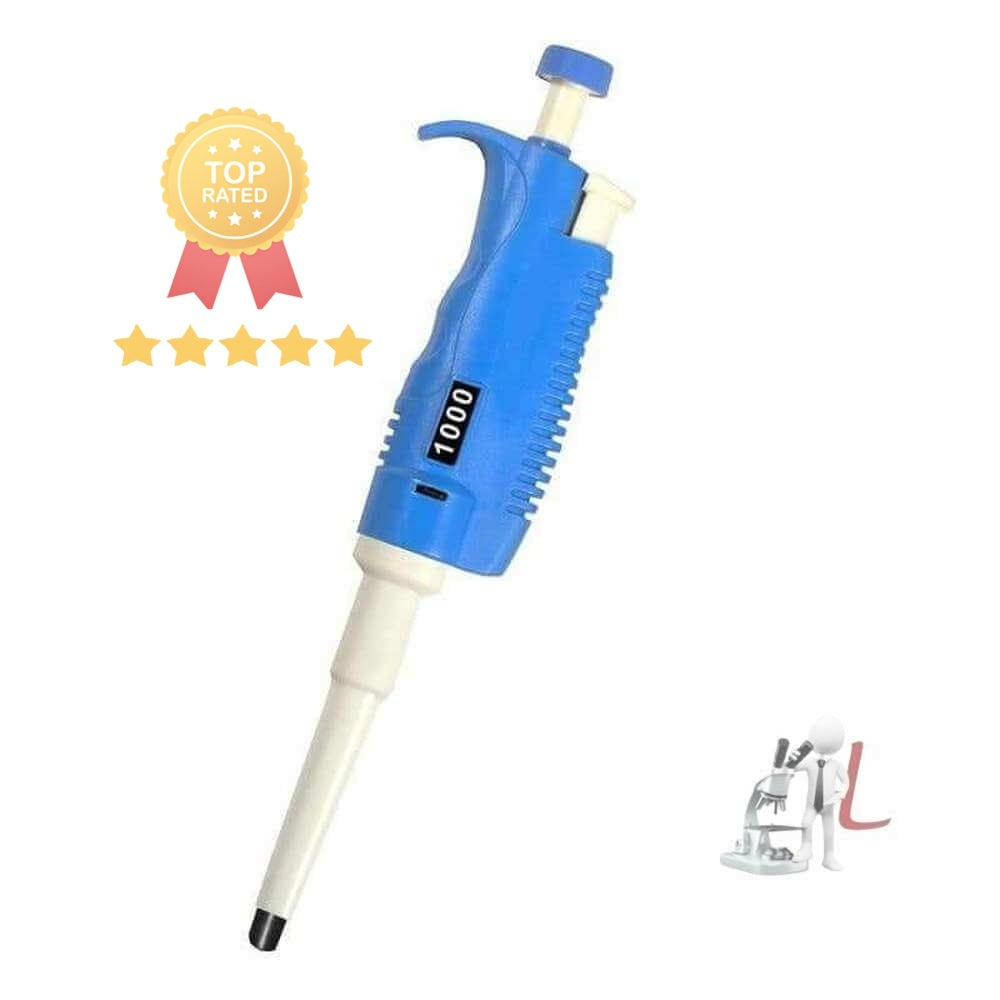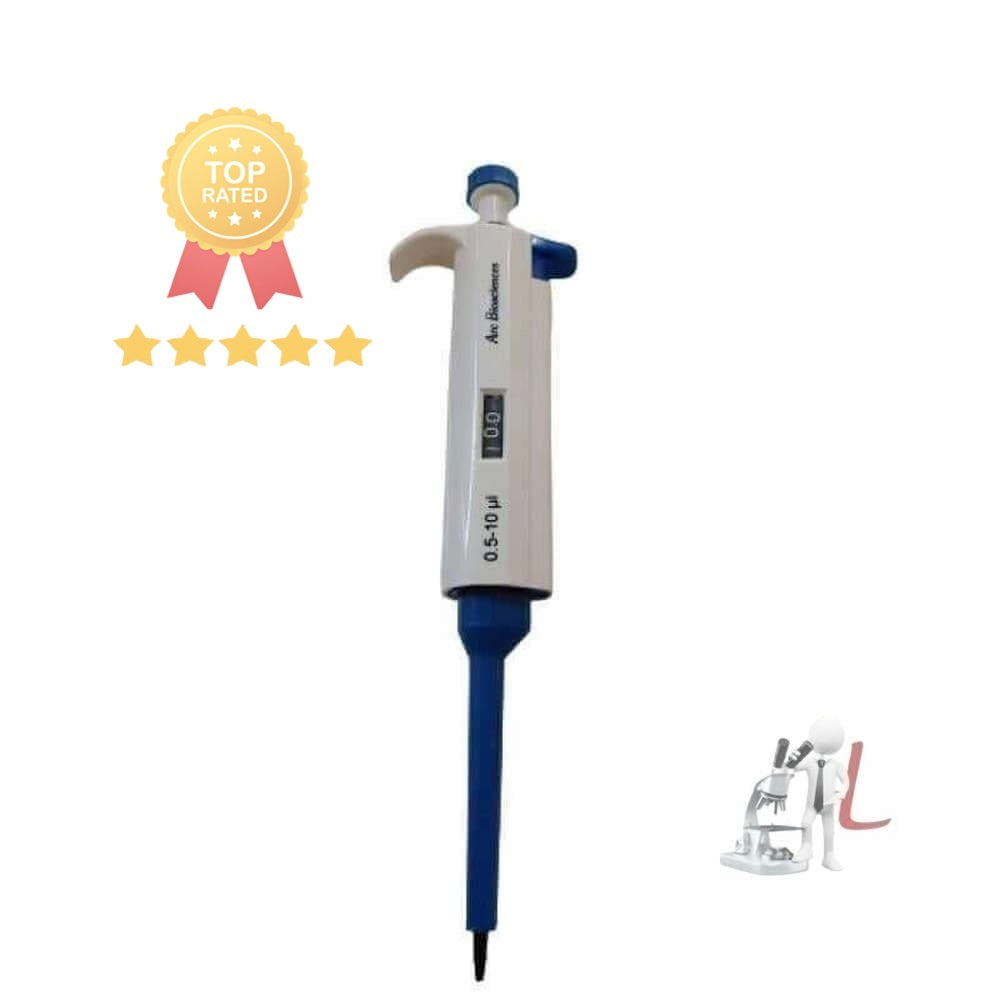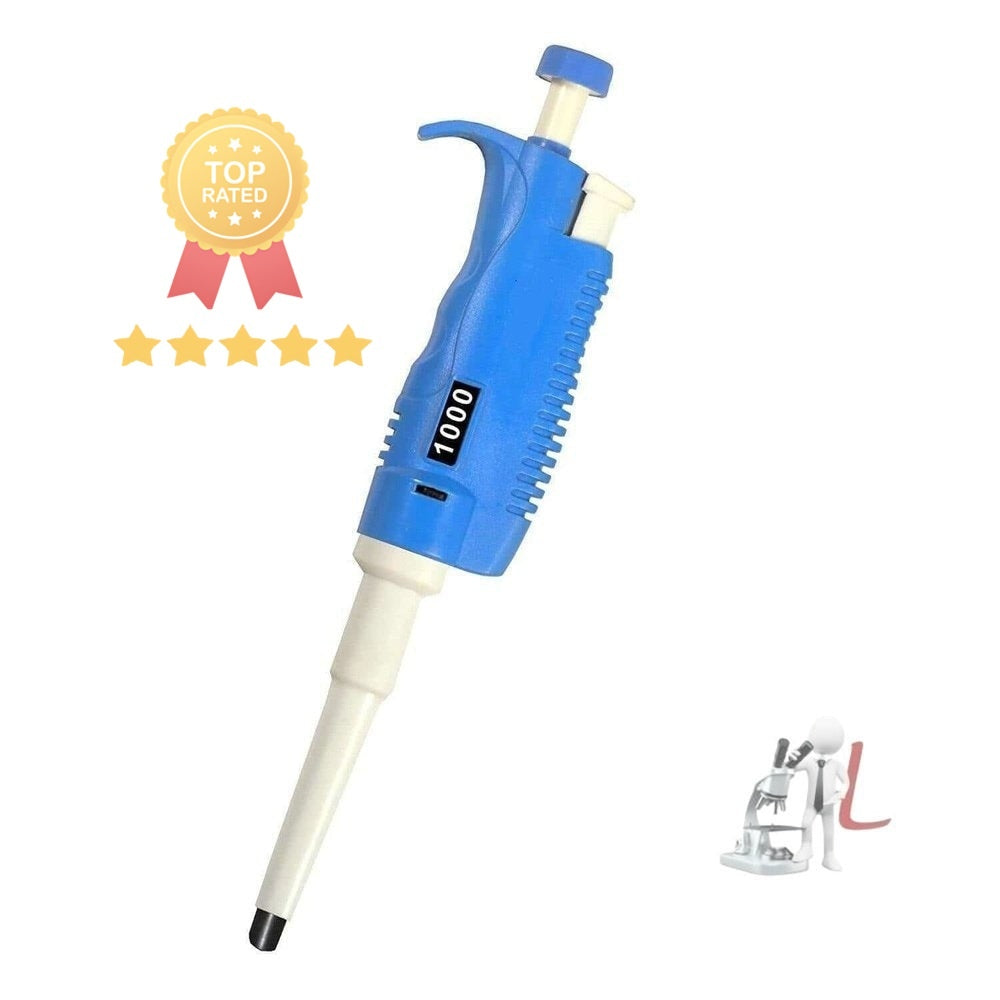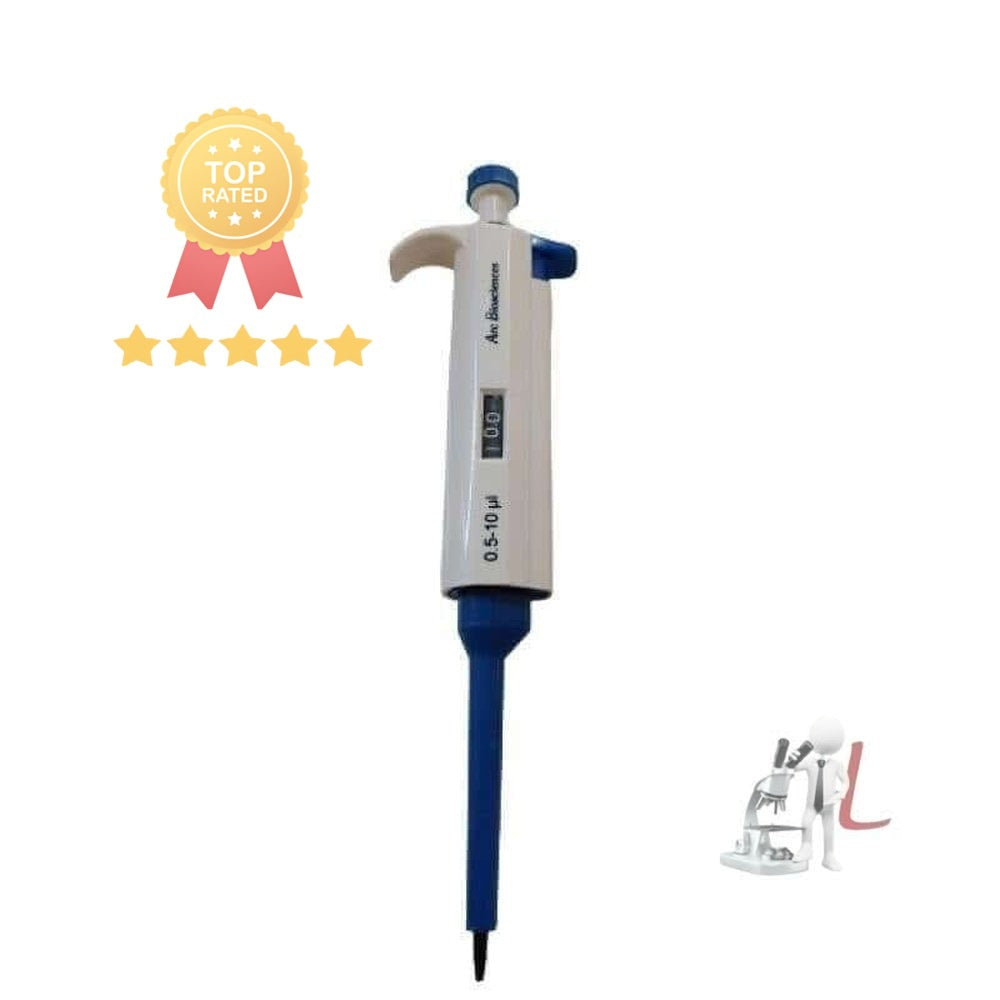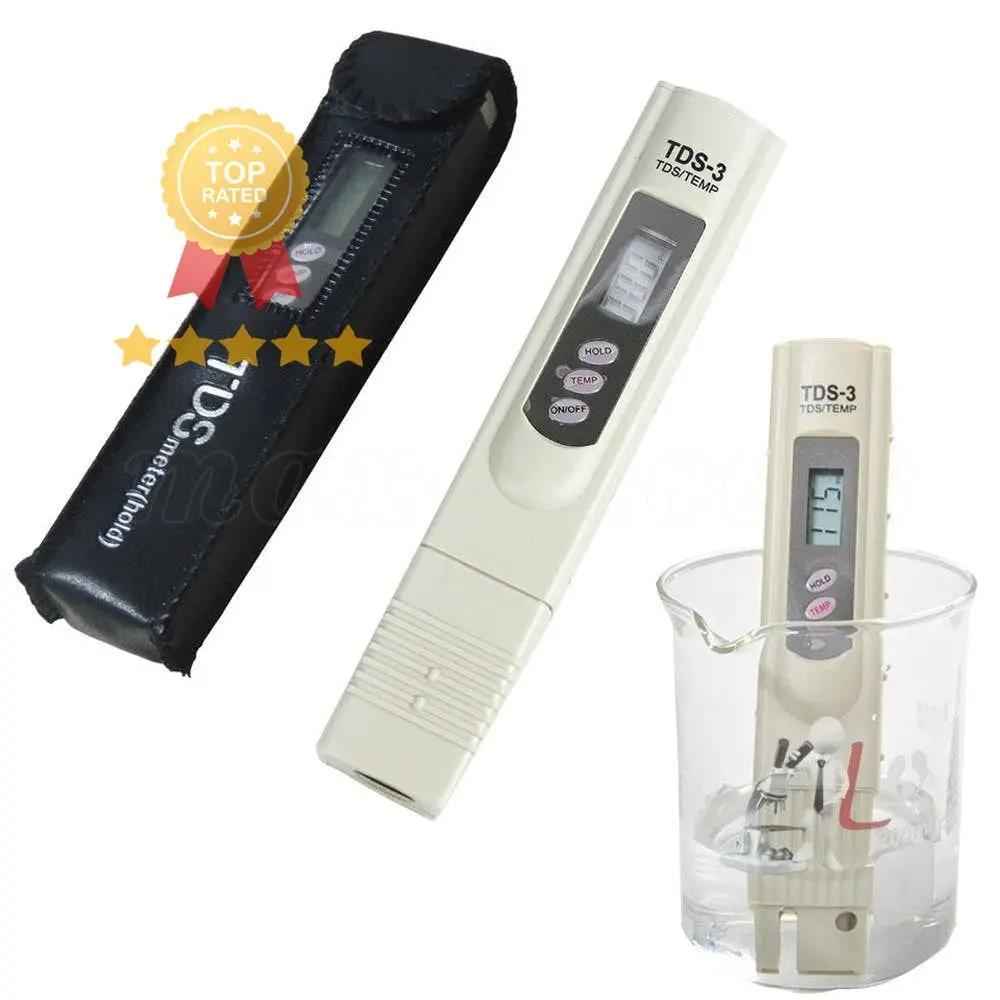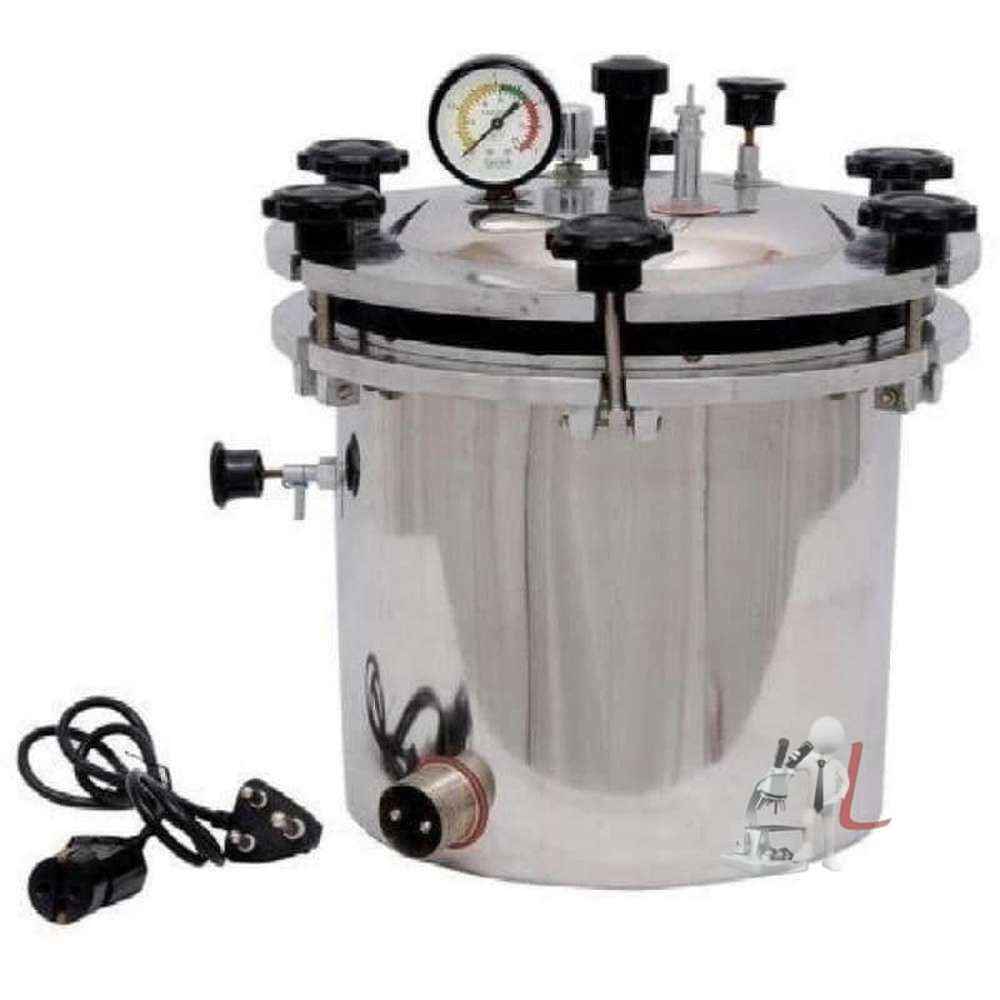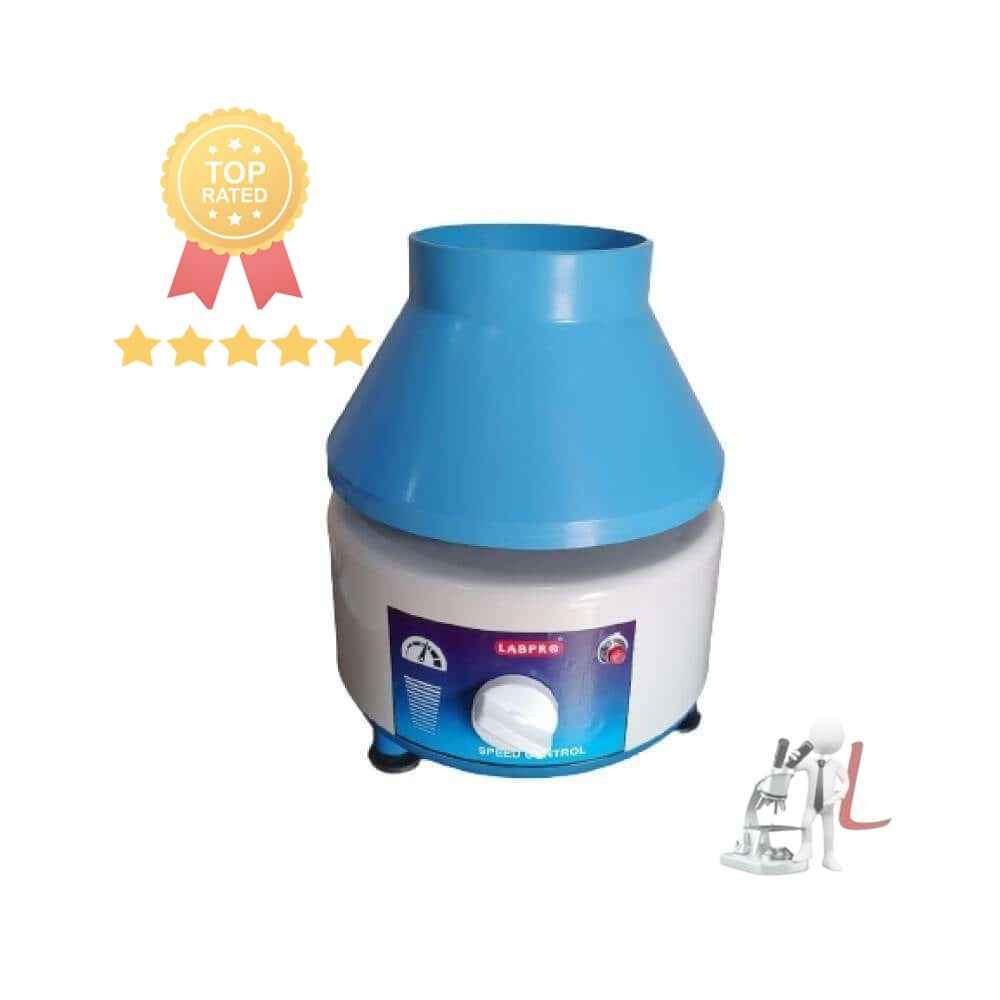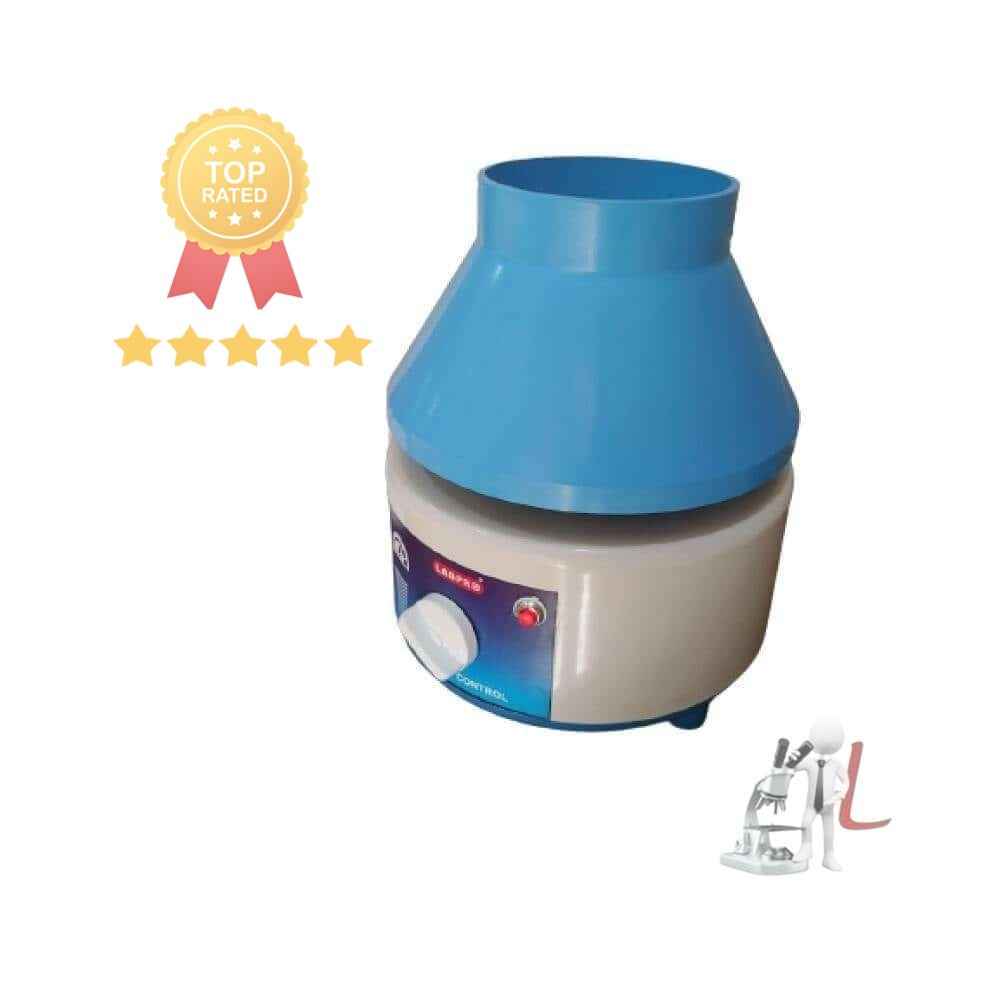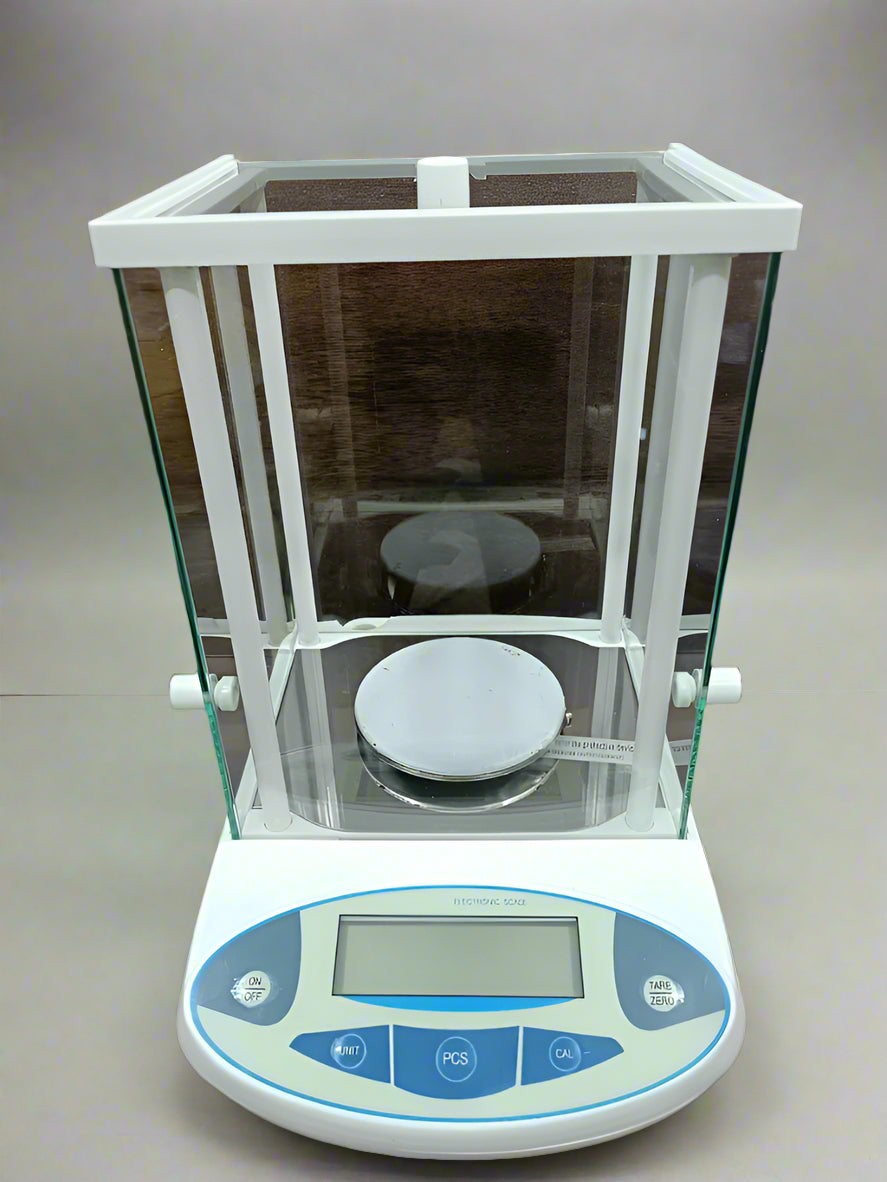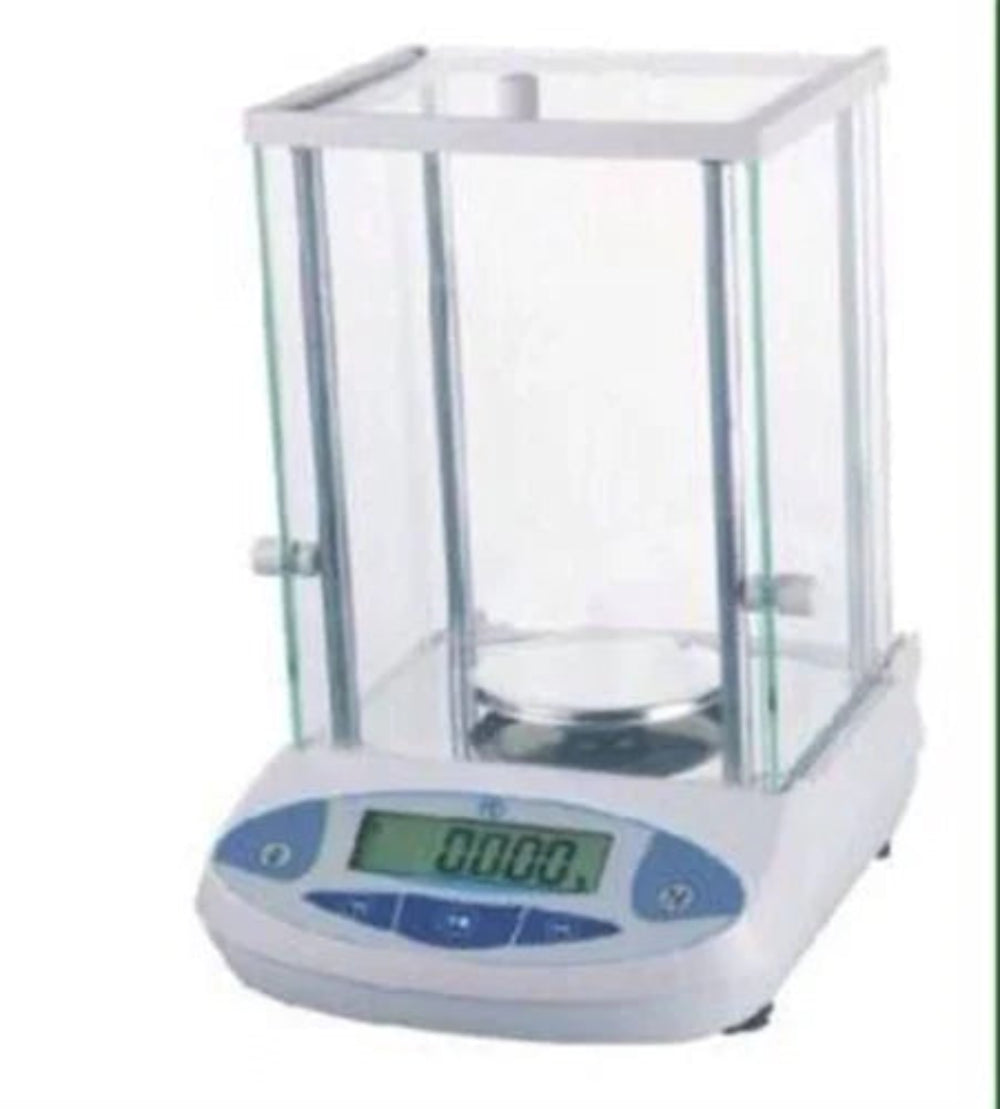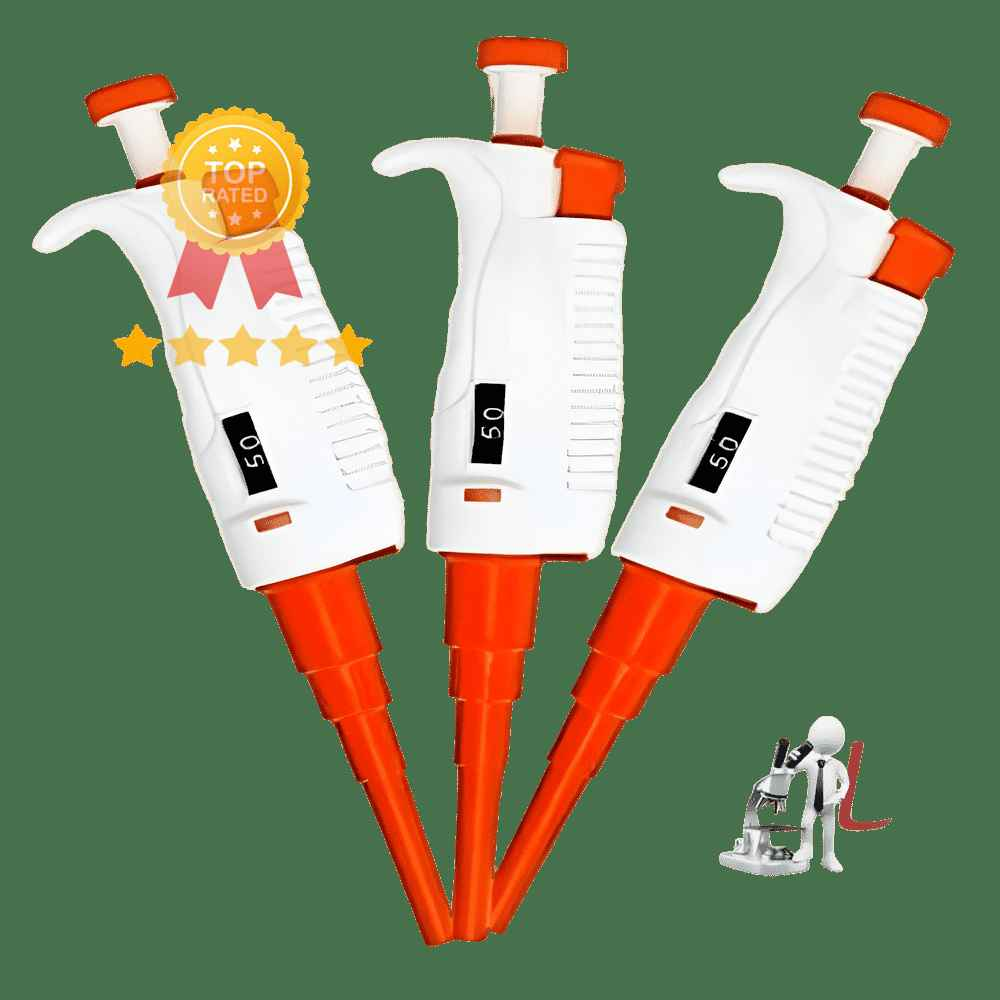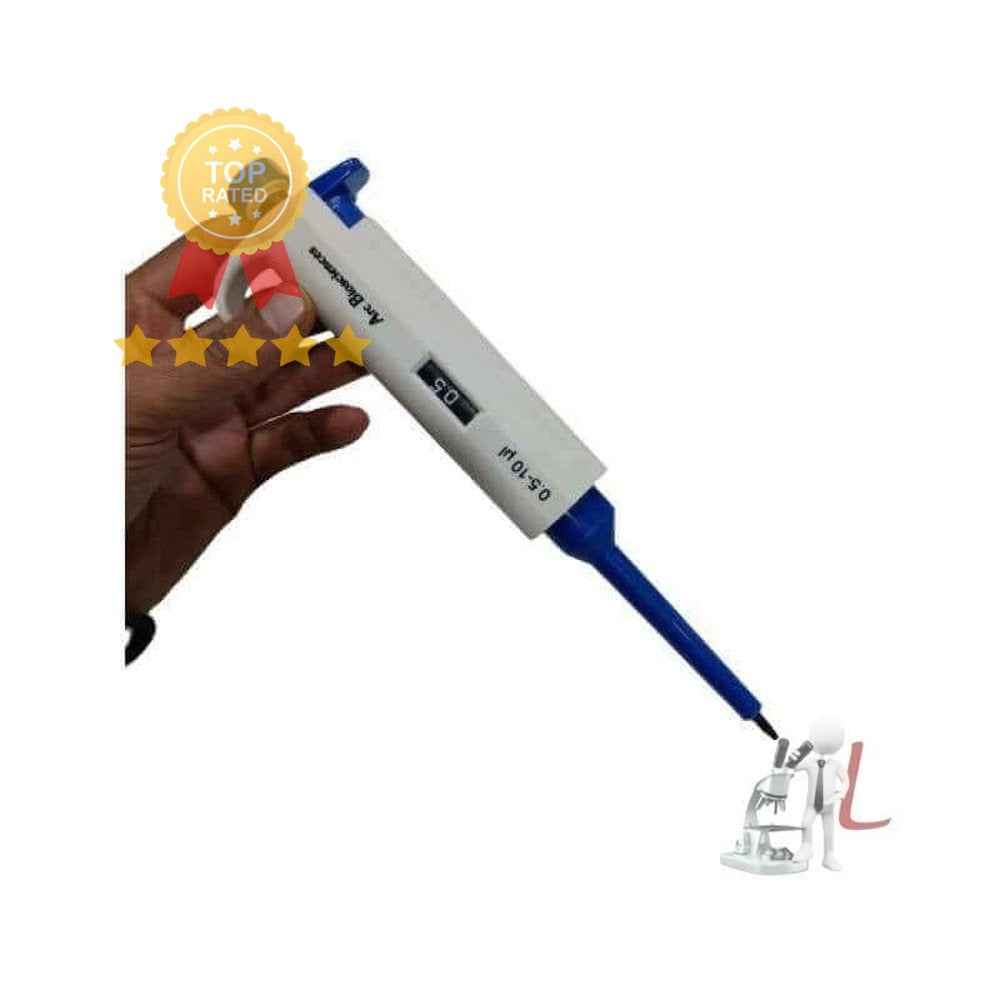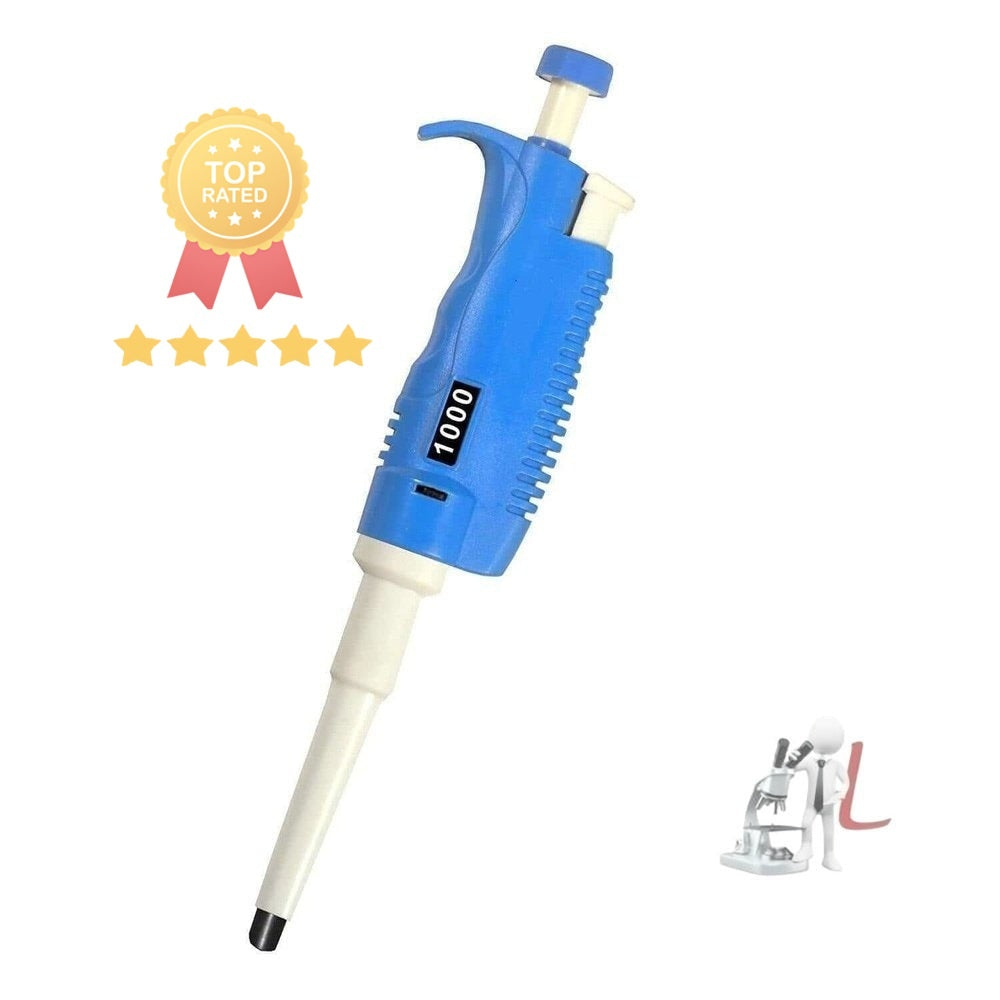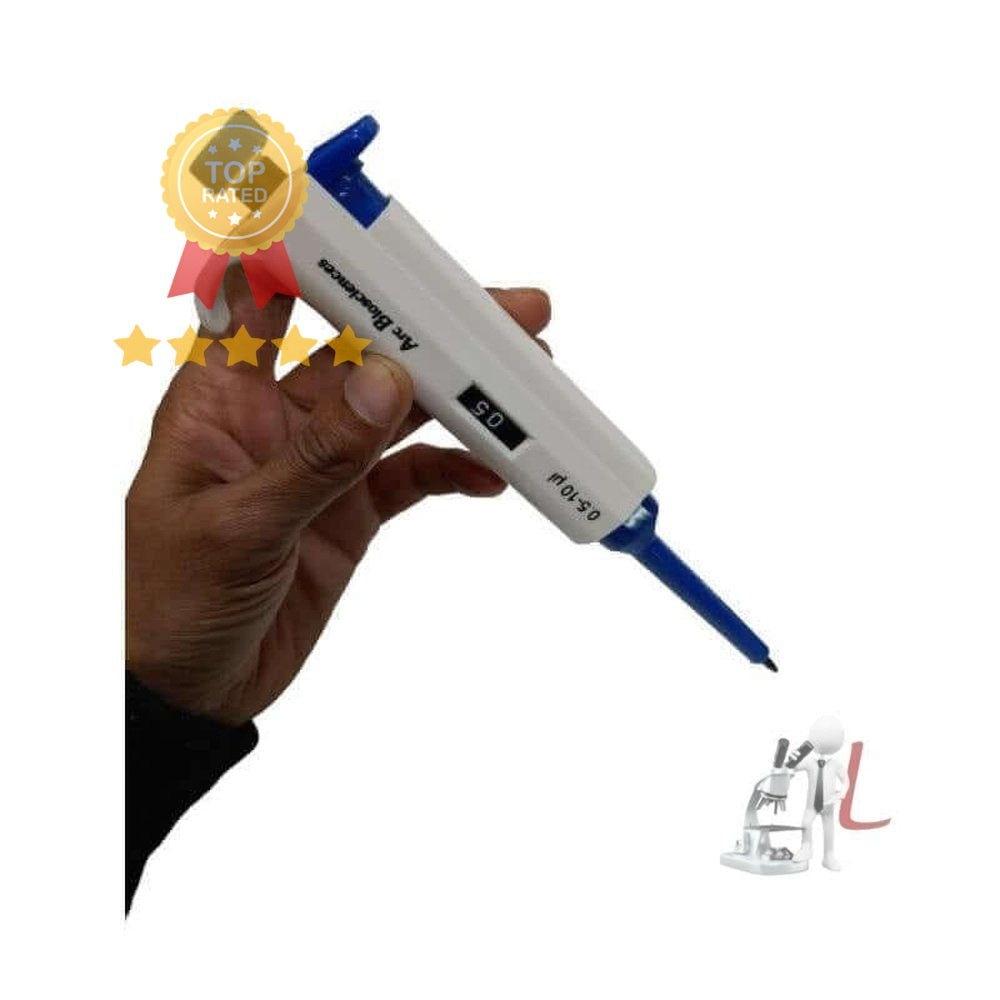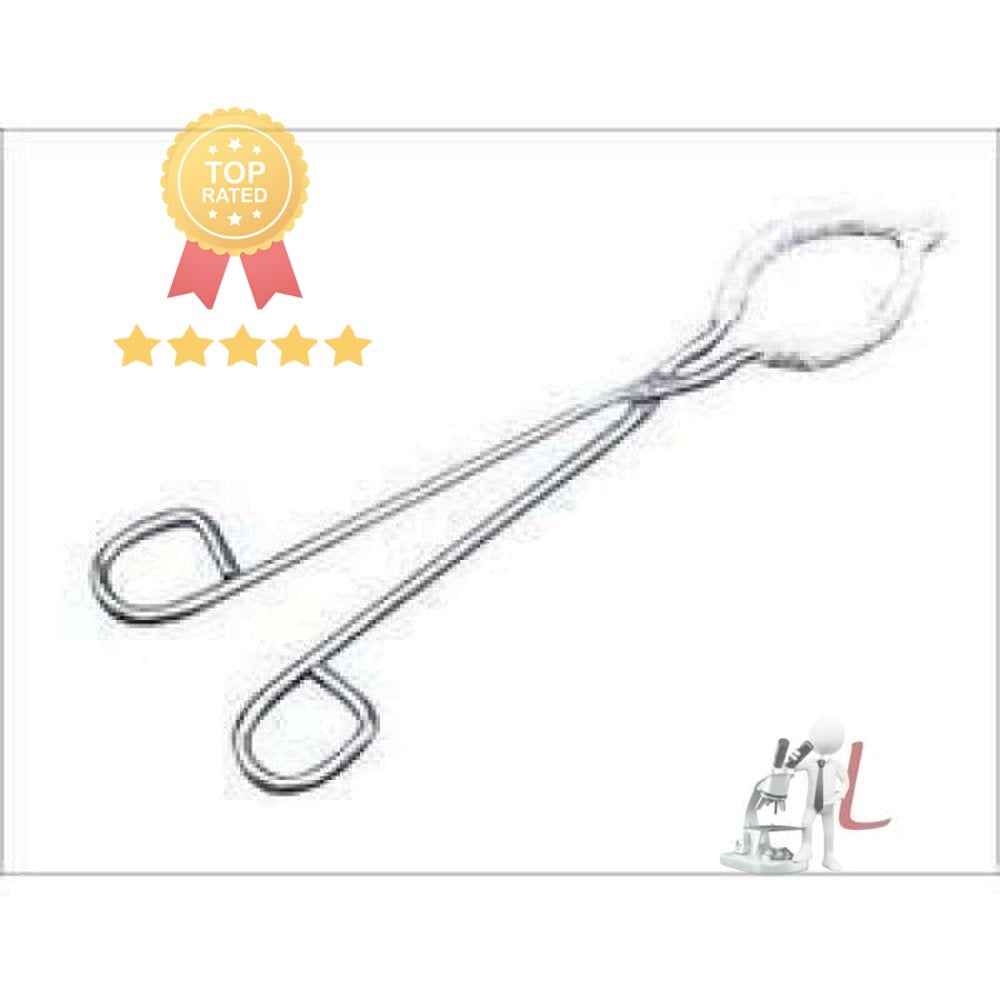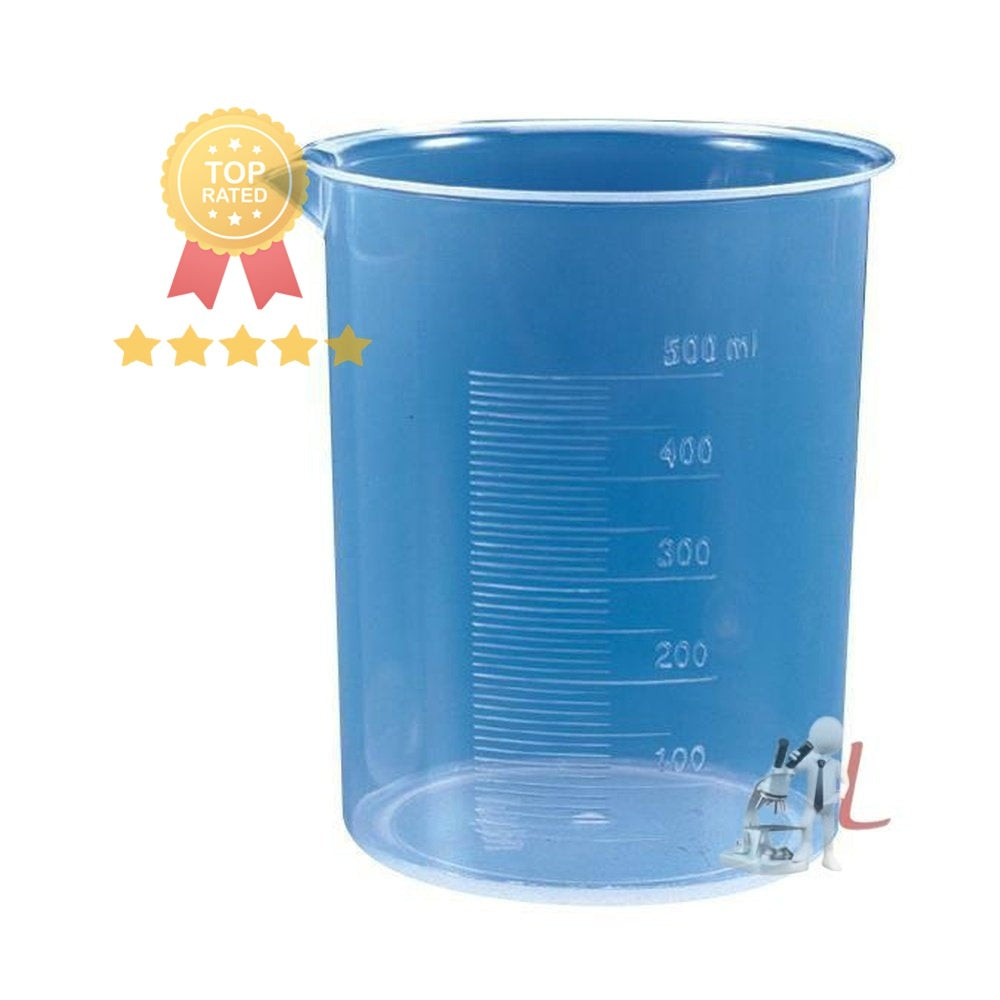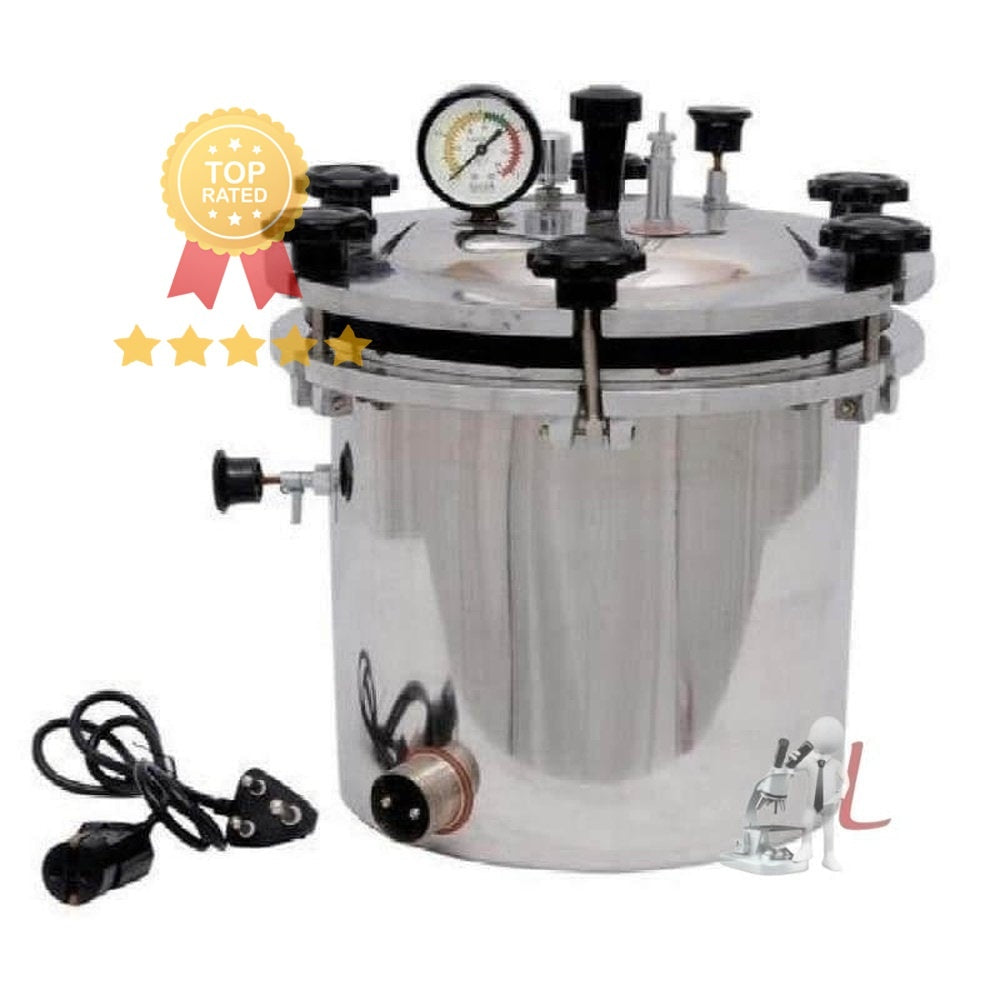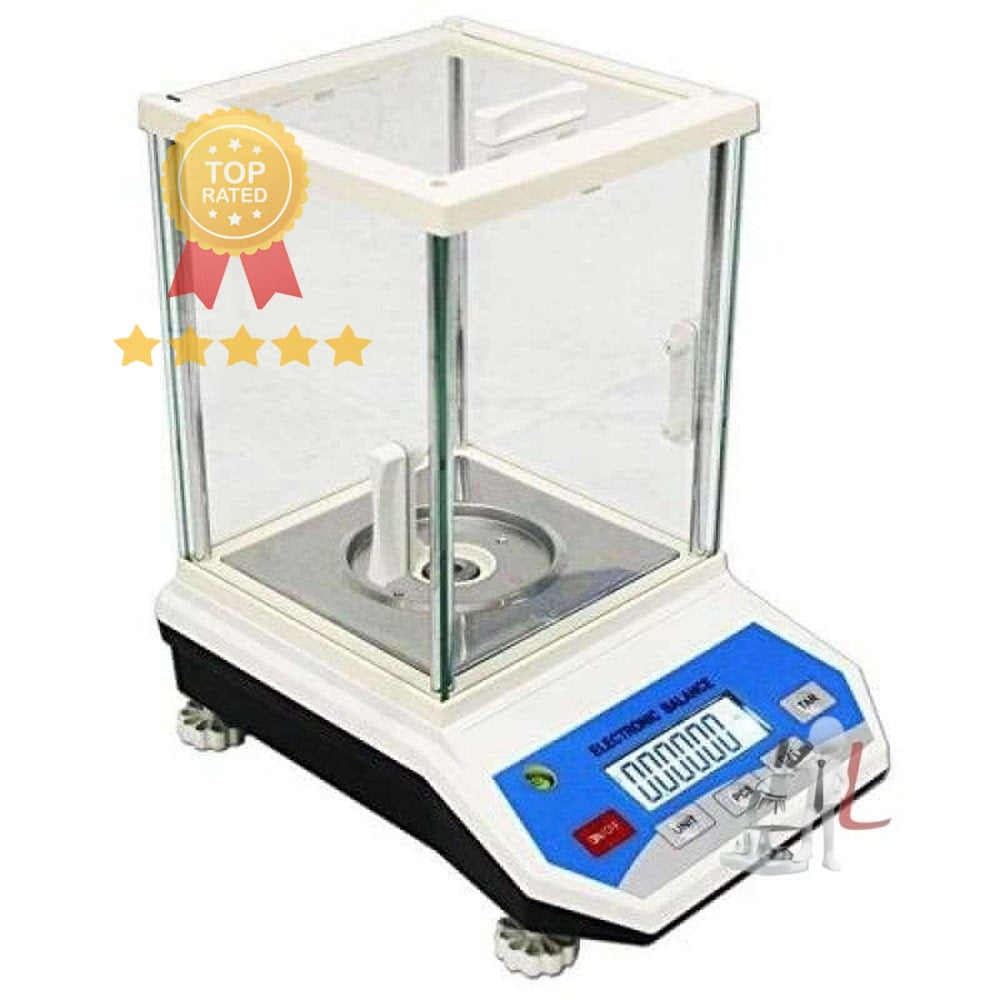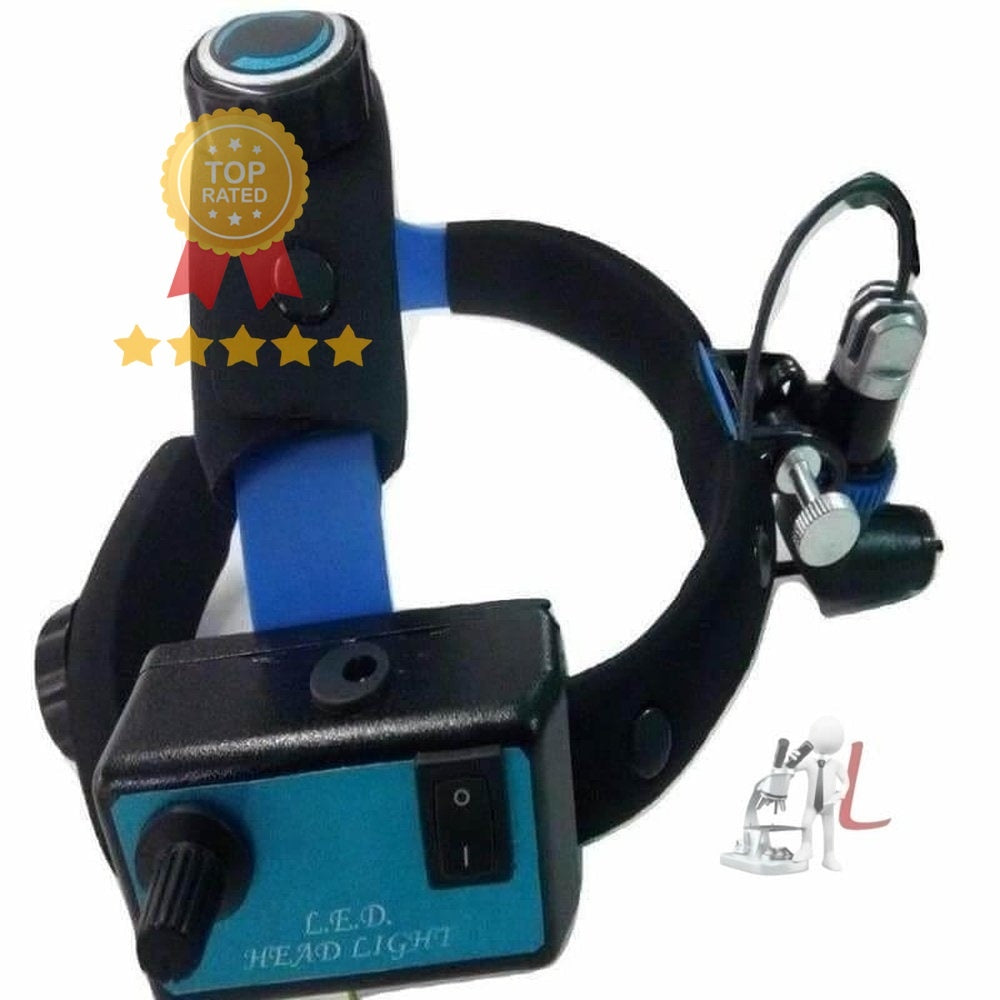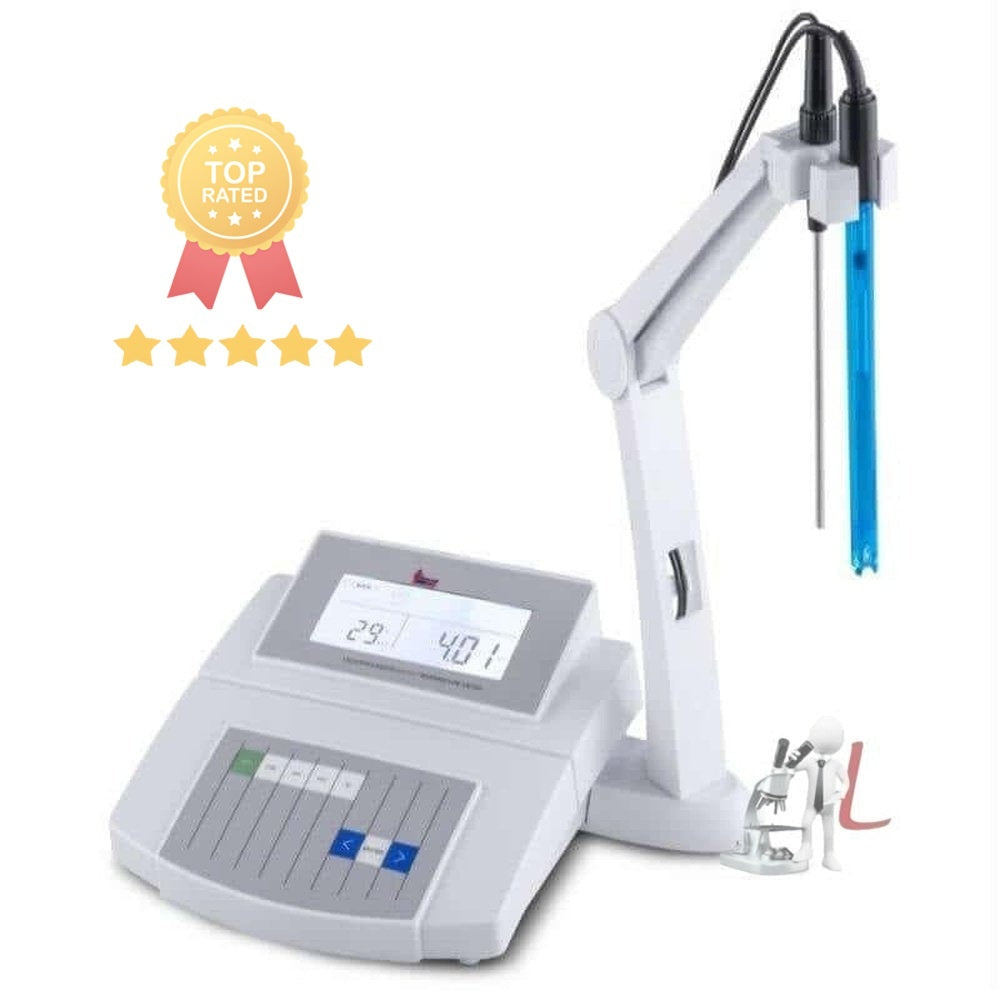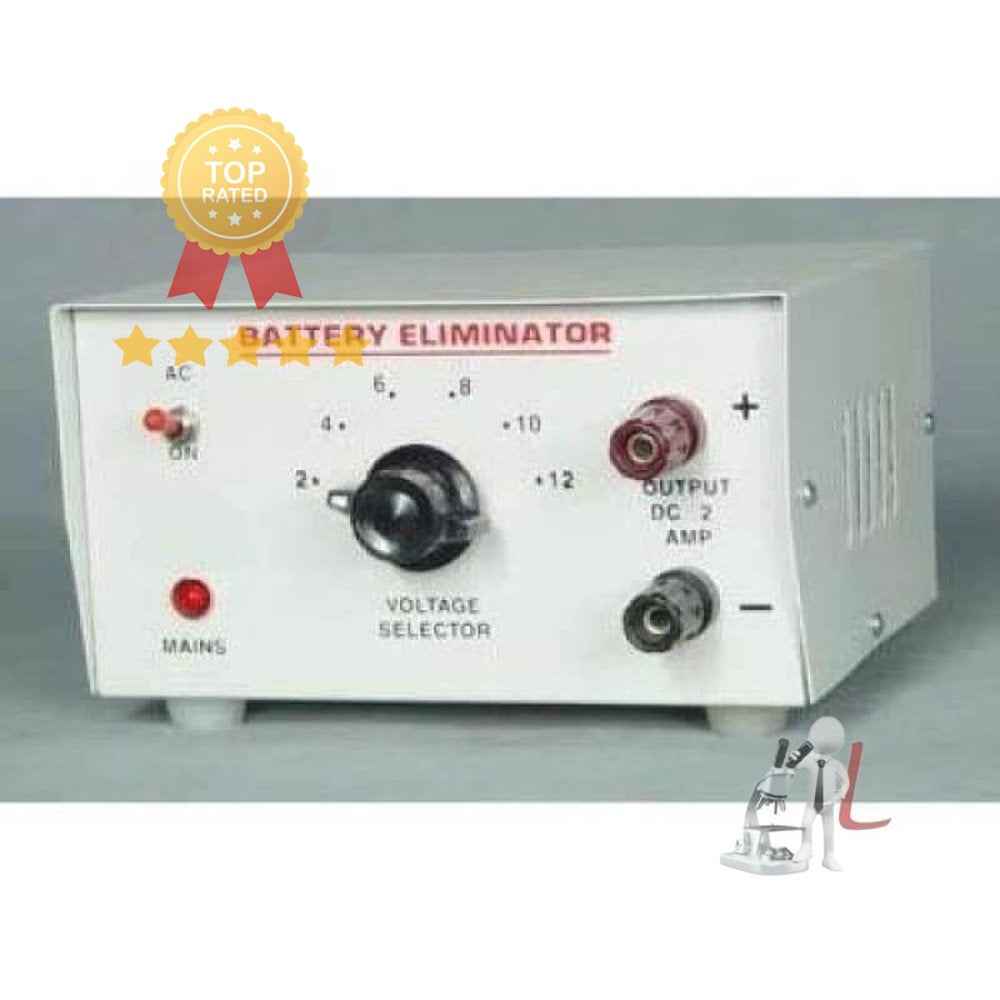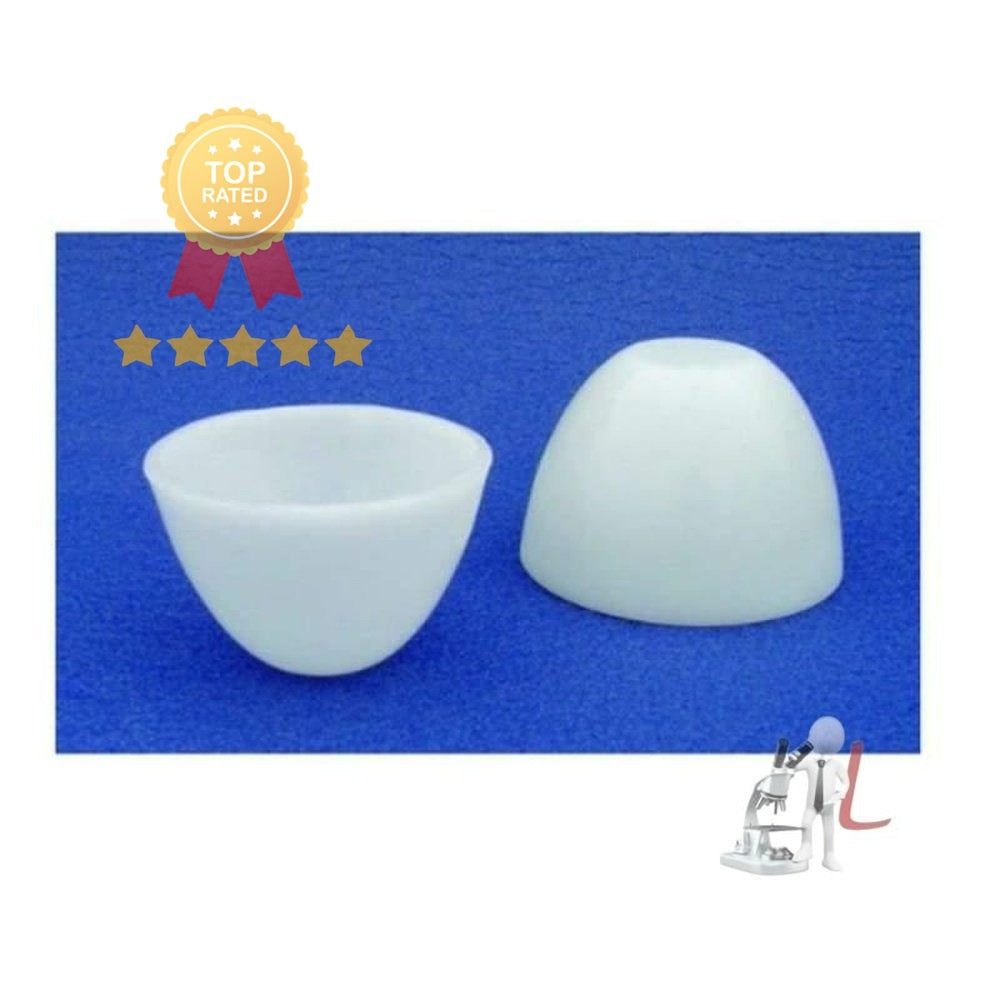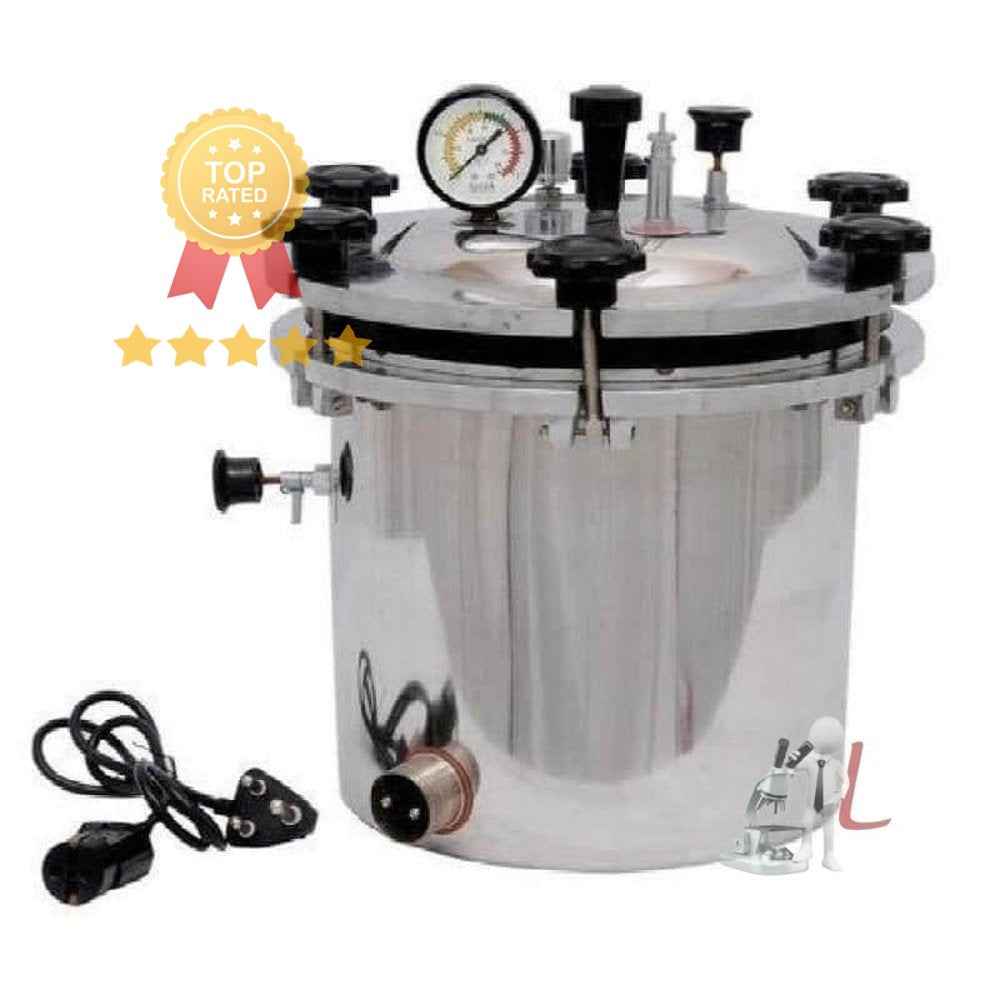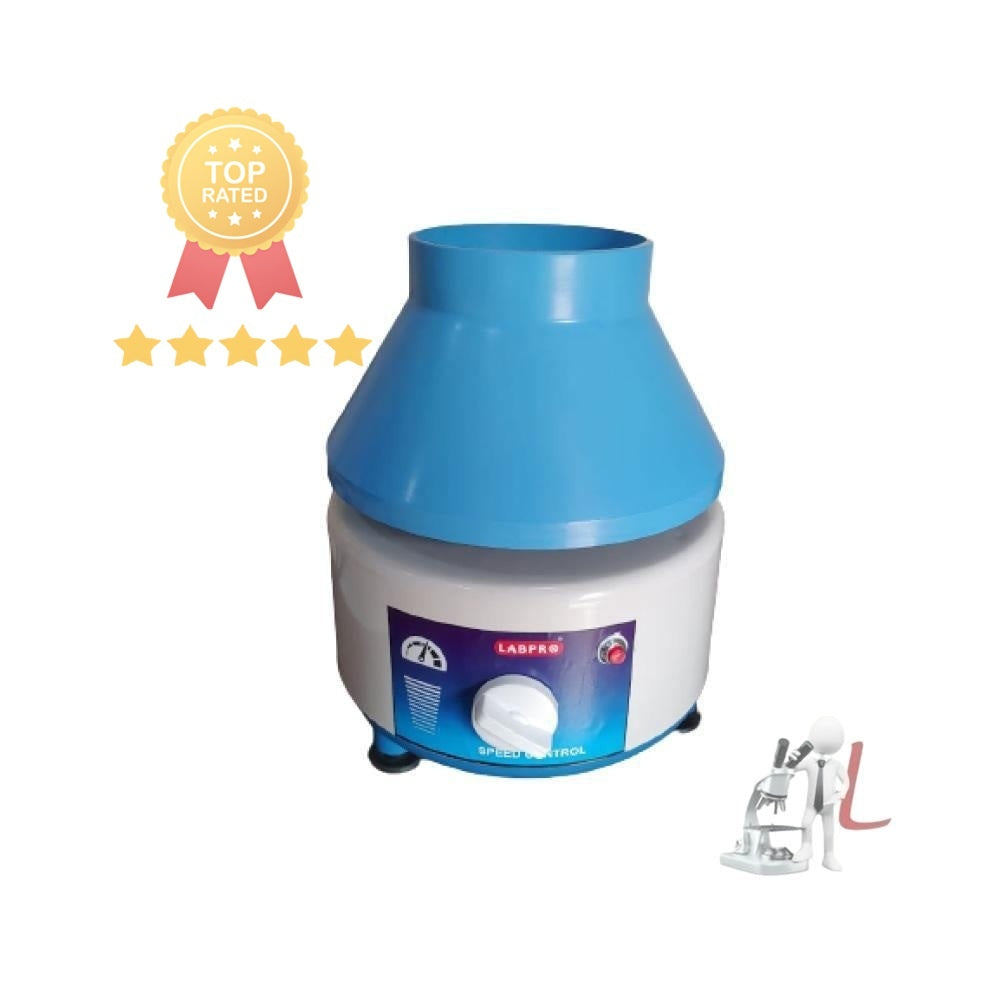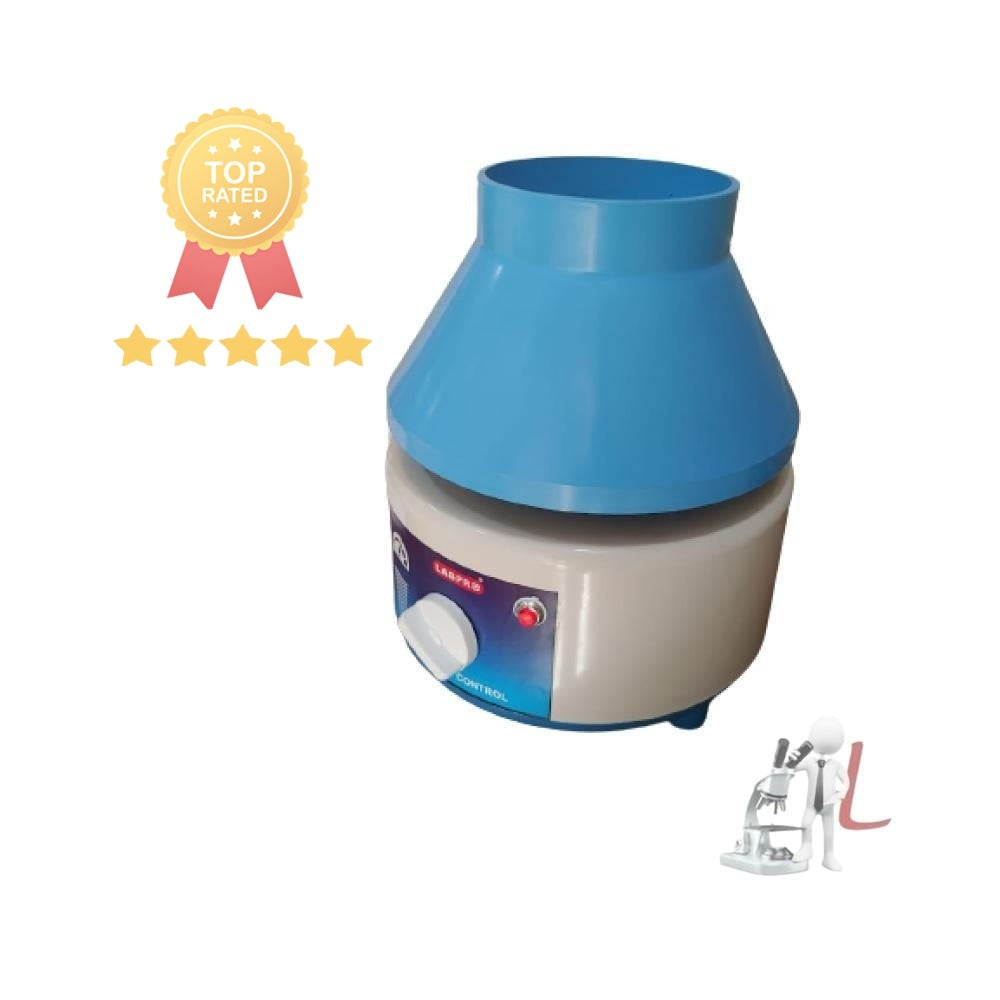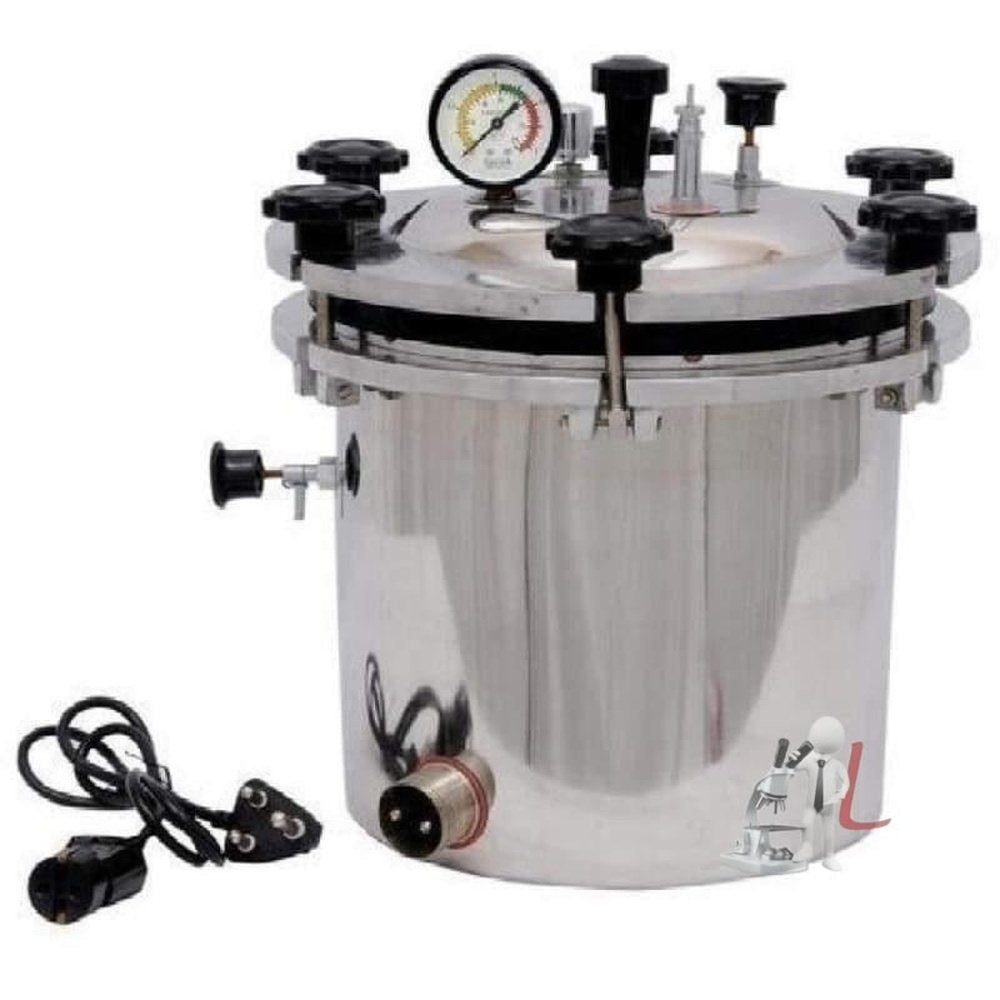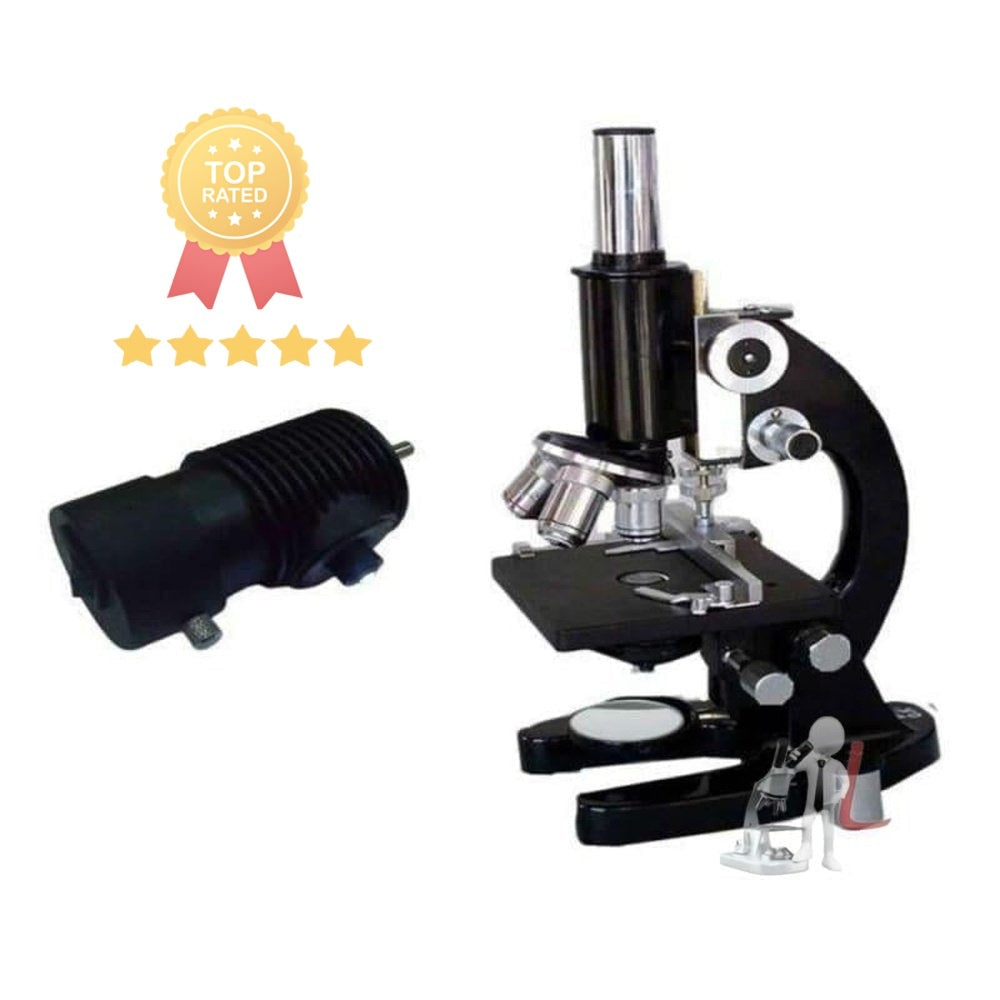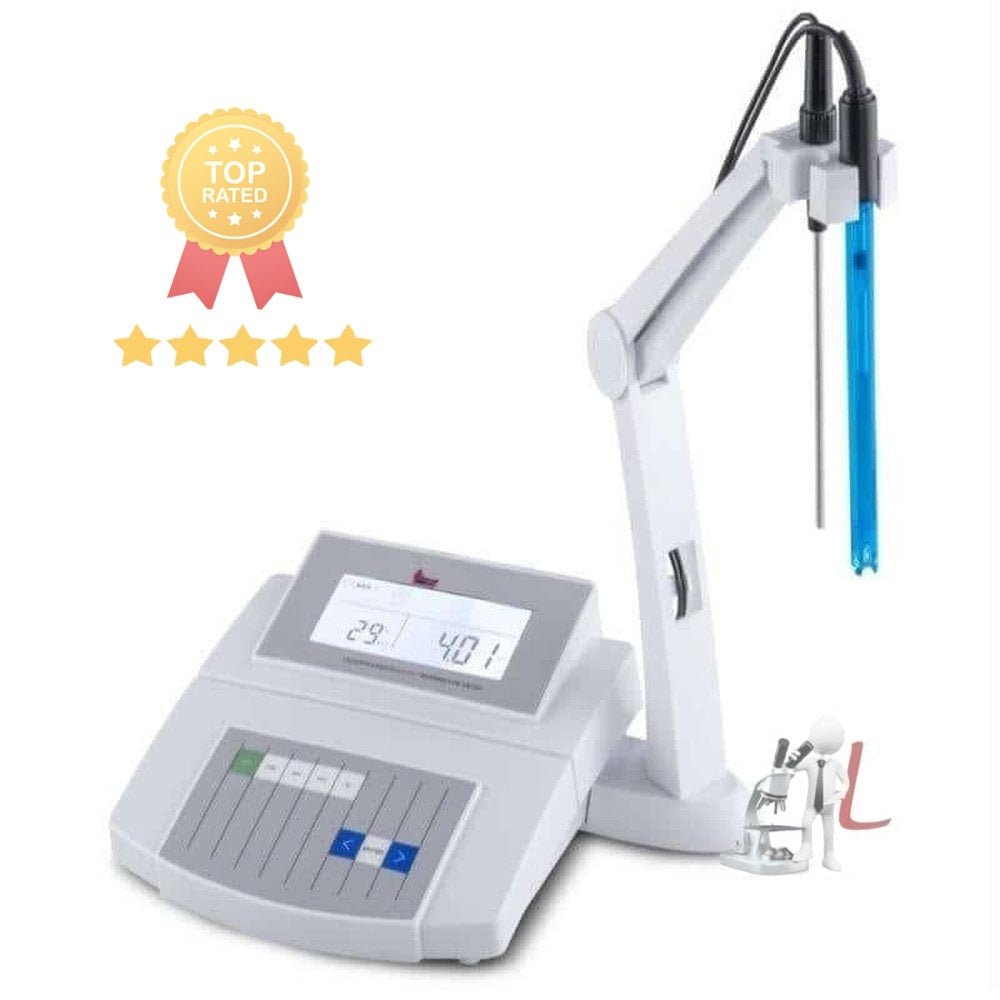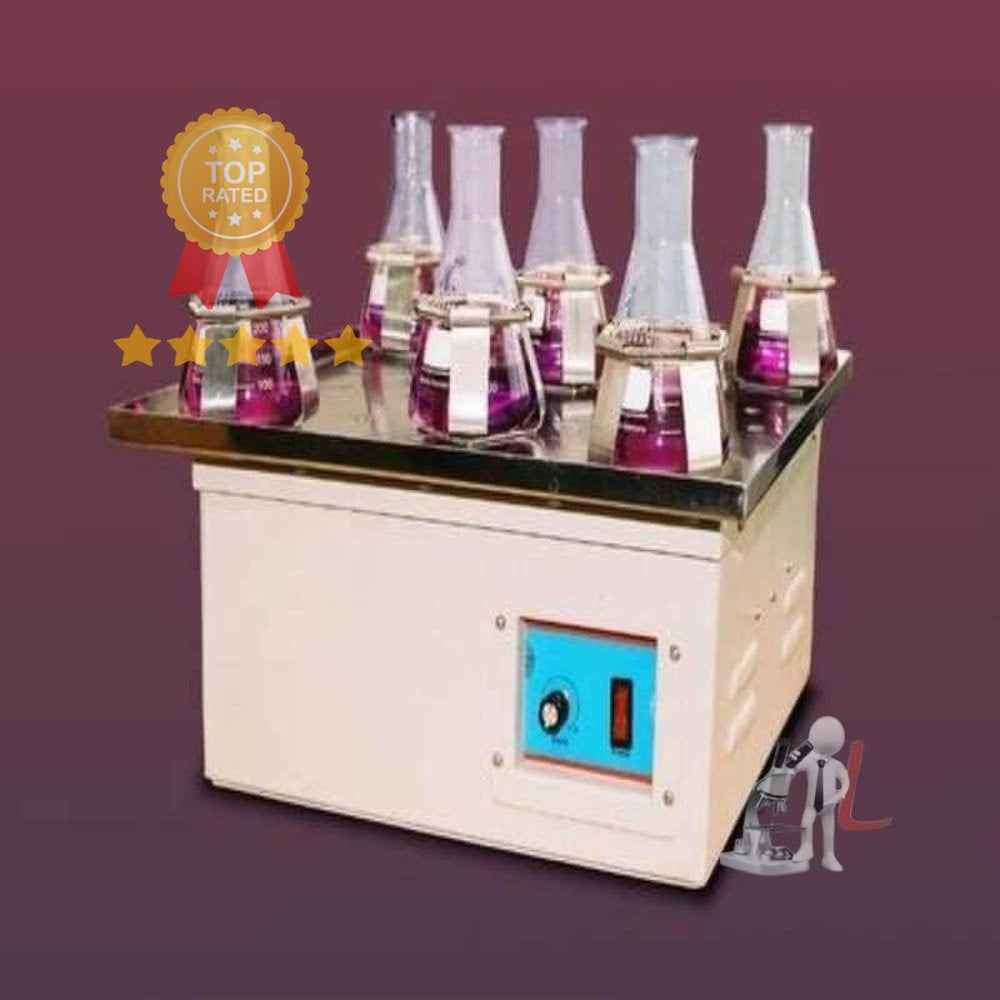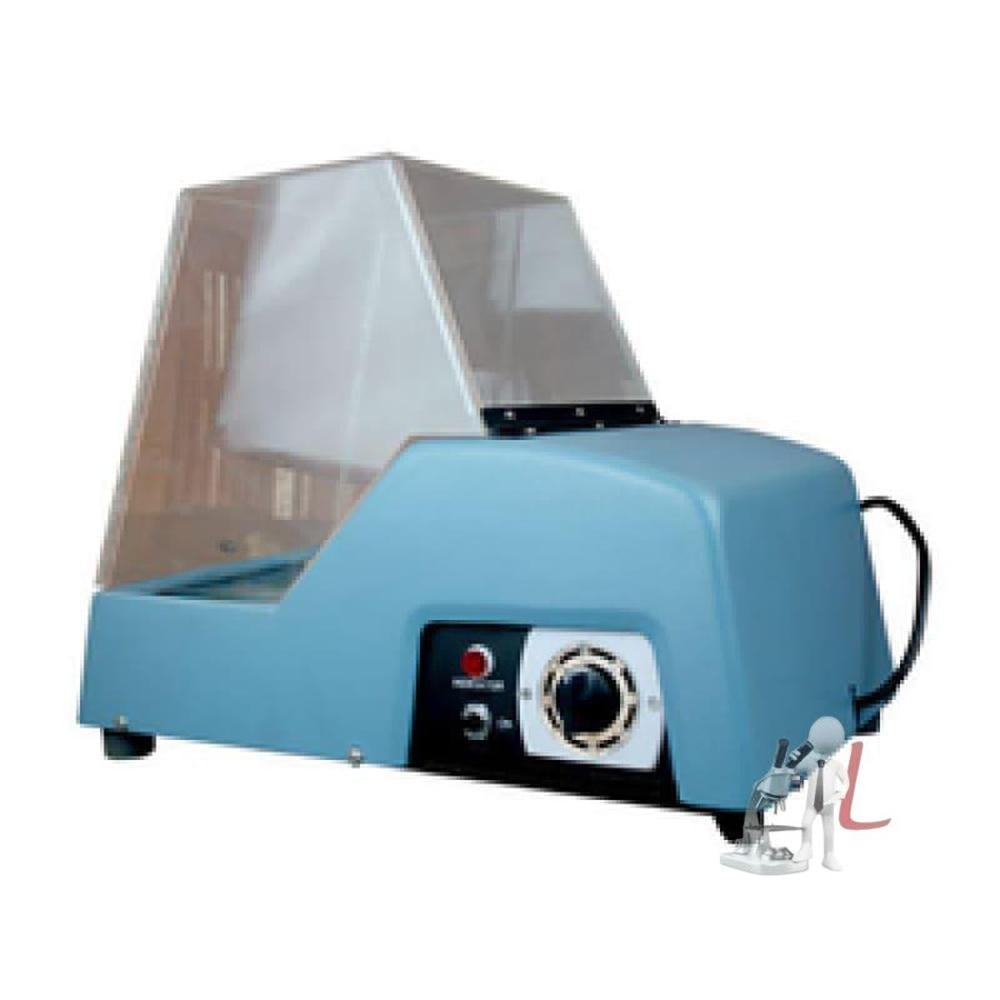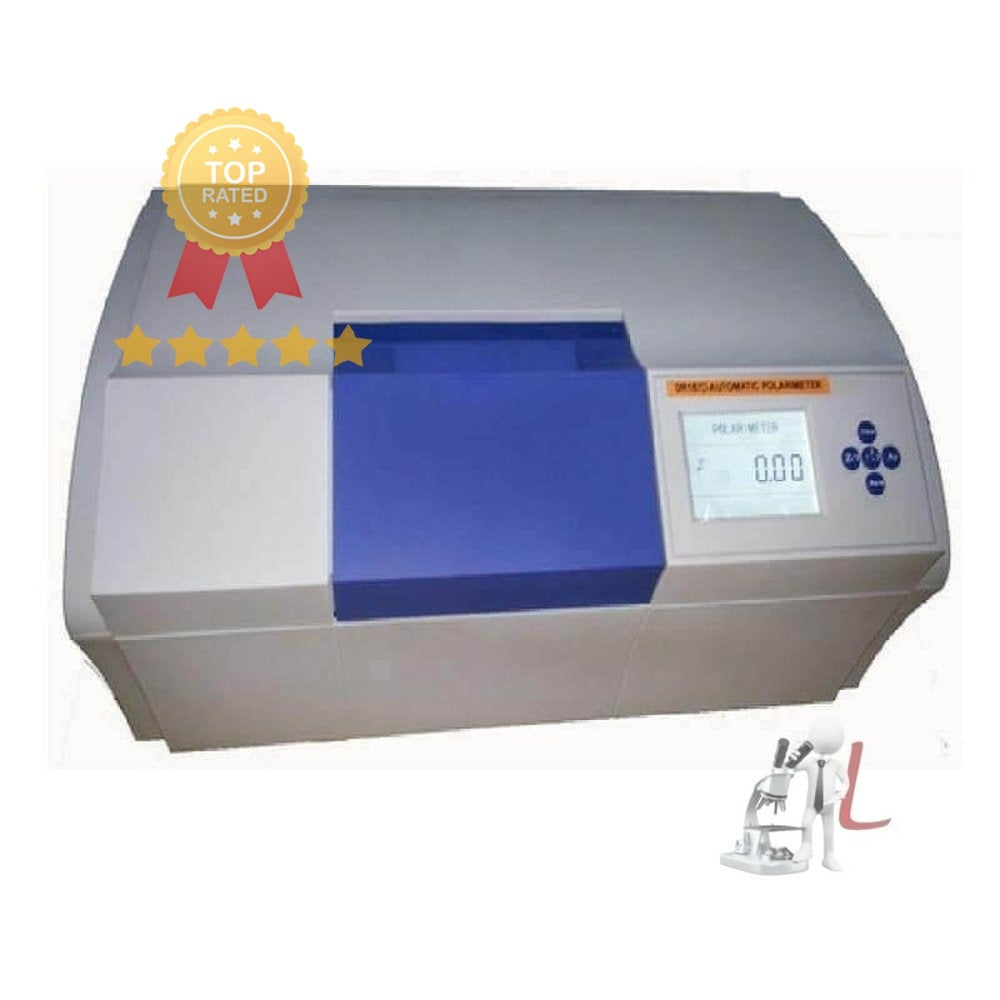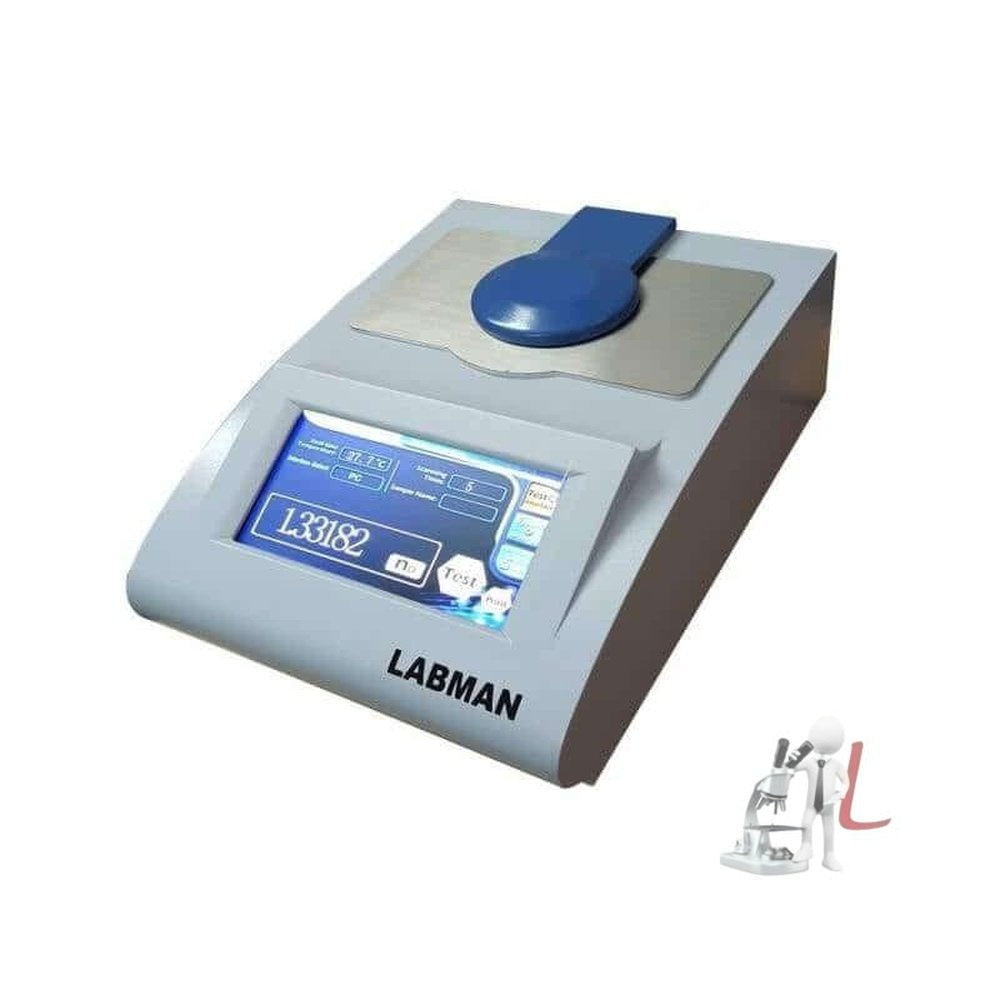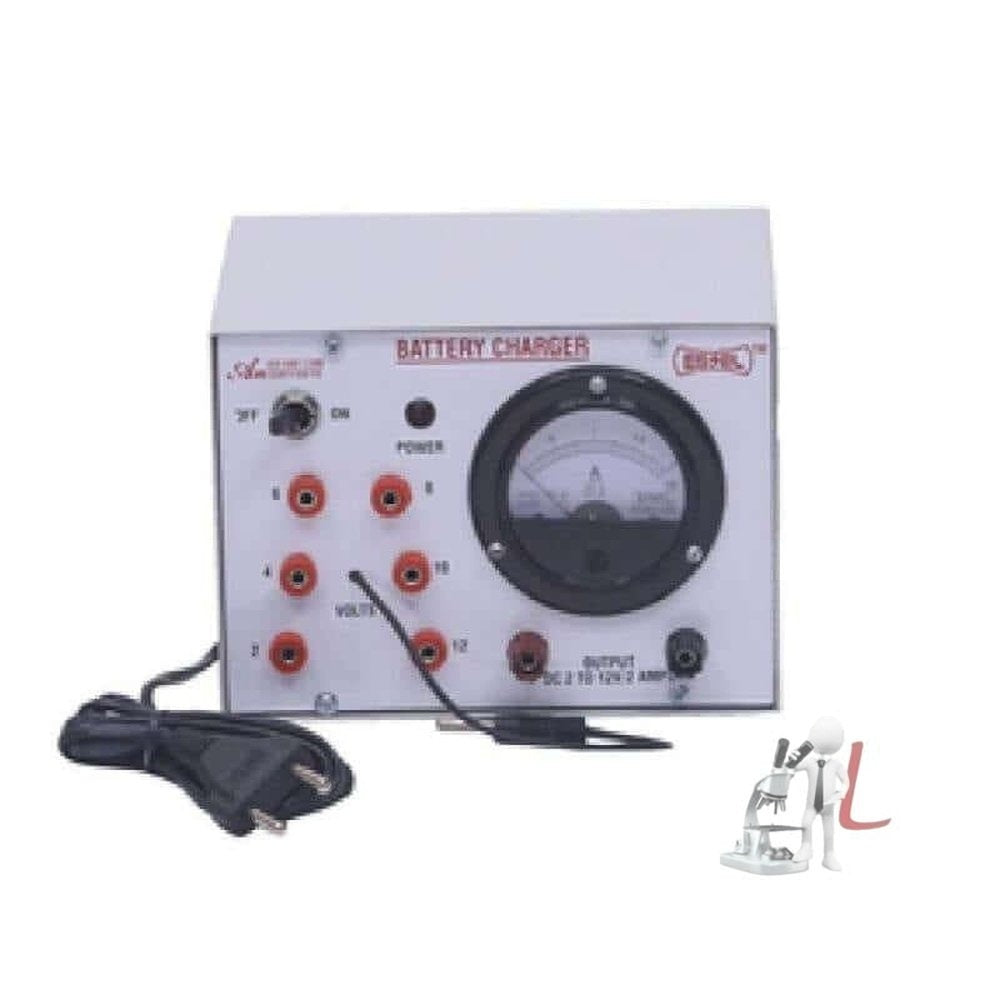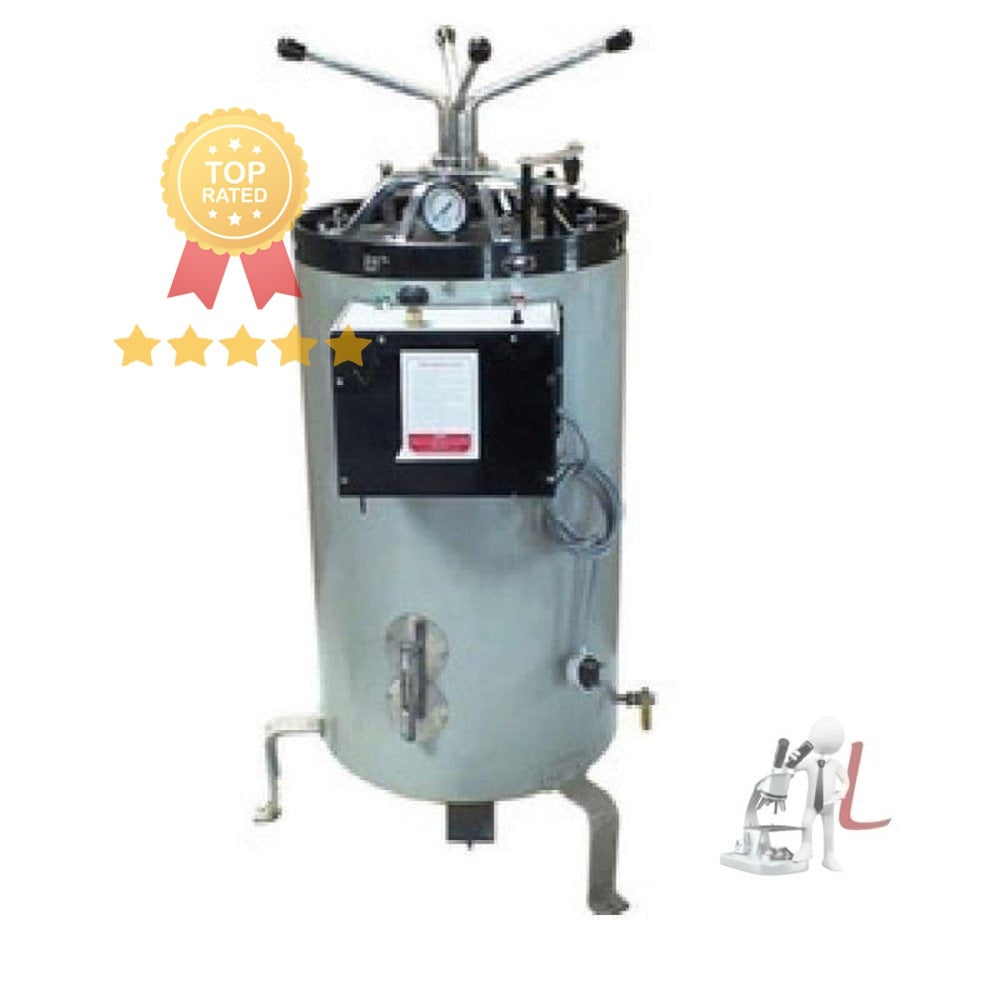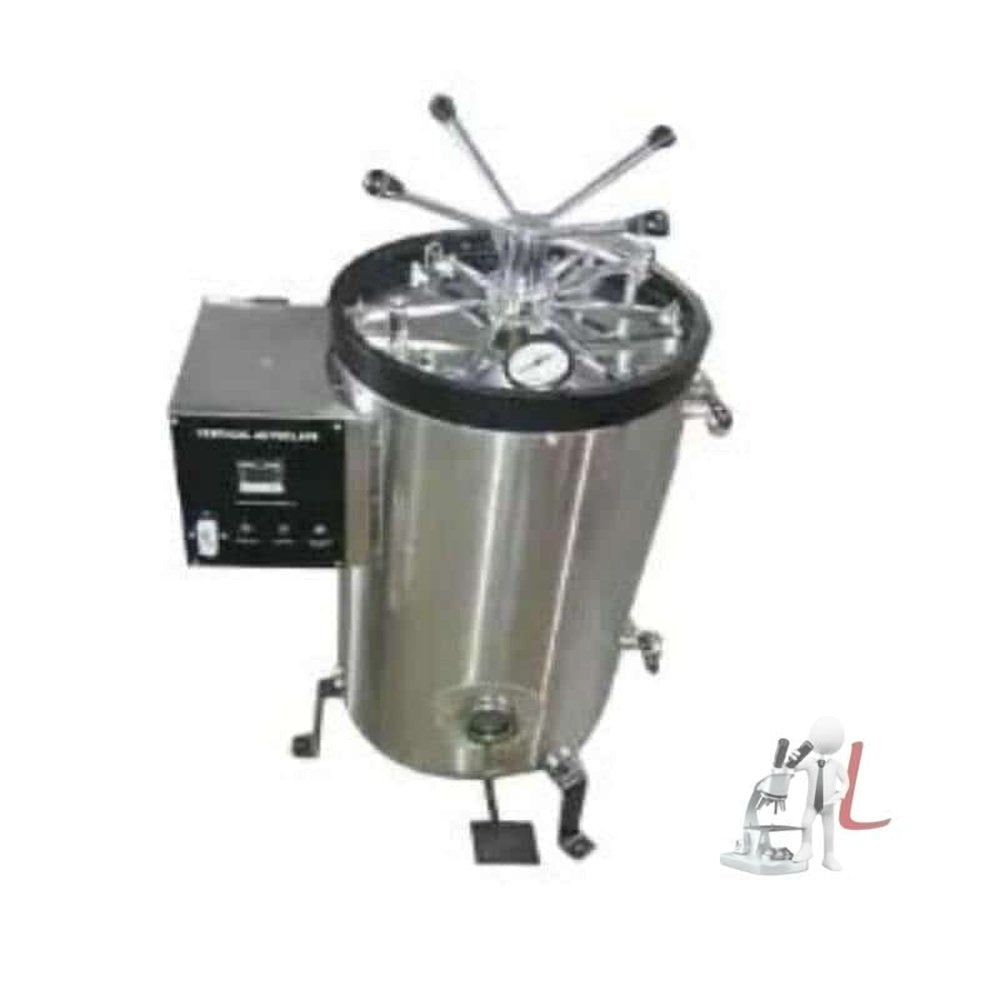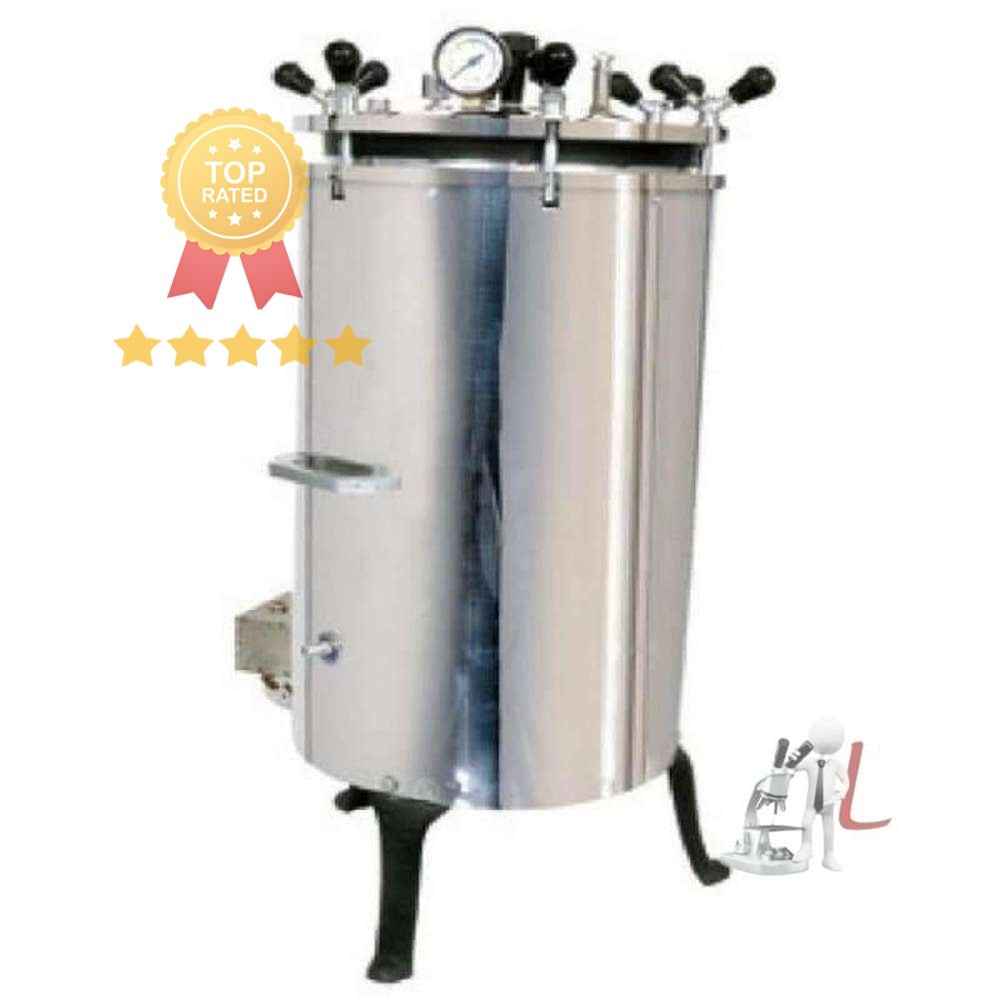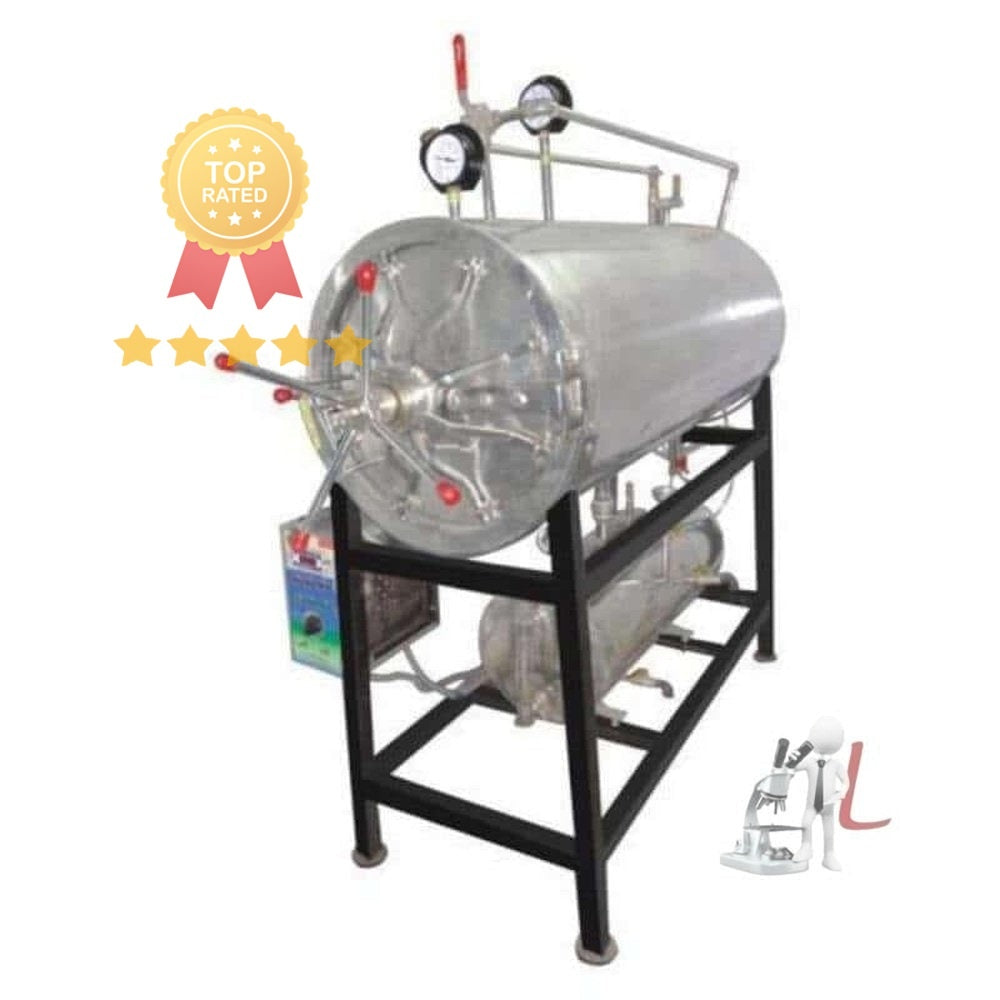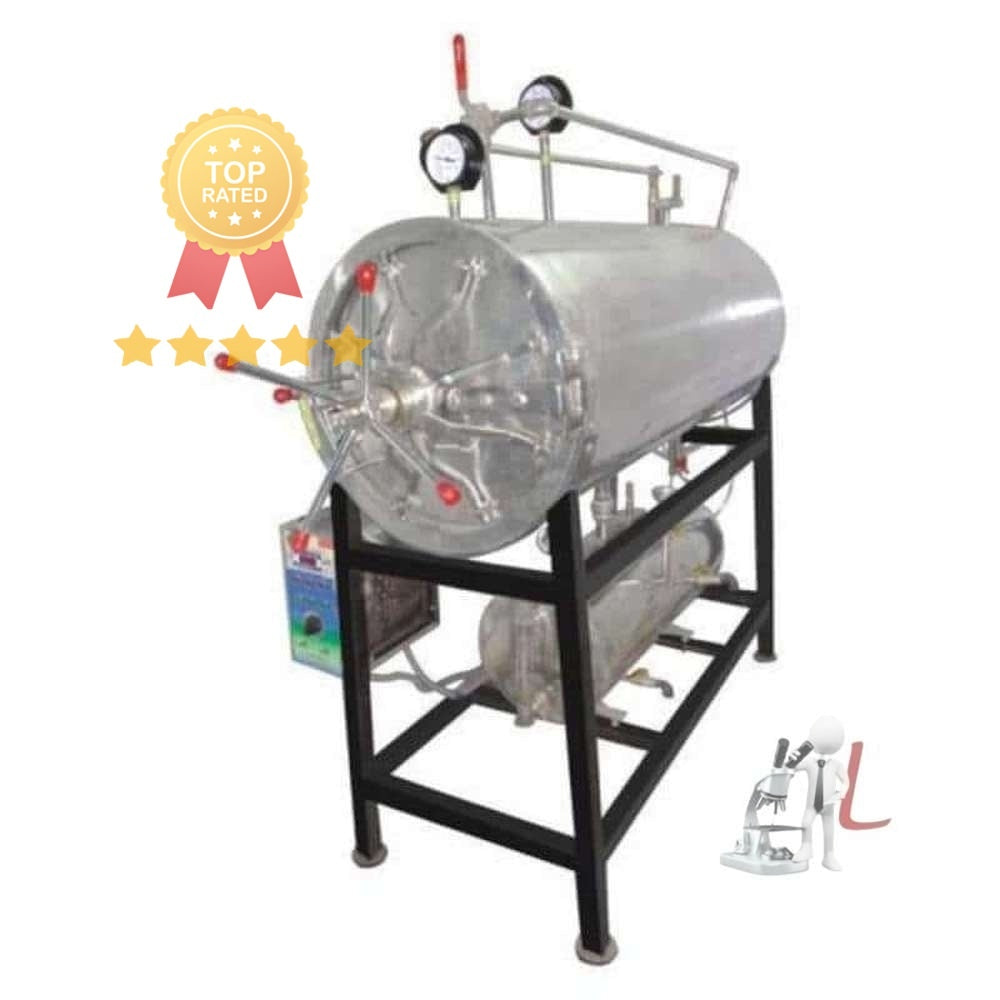Research Lab Equipment
Research lab equipment is fundamental for conducting experiments, gathering data, and achieving accurate results in scientific studies. This collection encompasses a wide variety of essential research lab equipment that caters to diverse research needs. From basic tools to advanced instruments, each piece of equipment plays a crucial role in the effectiveness and efficiency of research activities.
One of the most commonly used categories of research lab equipment is analytical instruments. These include devices such as spectrophotometers, chromatographs, and mass spectrometers. Analytical instruments are vital for quantifying substances, analyzing chemical compositions, and understanding material properties. Their precision and reliability make them indispensable in research labs focused on chemistry, biology, and materials science.
In addition to analytical instruments, lab safety equipment is a crucial component of any research laboratory. Safety goggles, gloves, and lab coats protect researchers from hazardous materials and potential accidents. Moreover, fume hoods and biosafety cabinets provide safe working environments when dealing with volatile substances or pathogens. Implementing appropriate safety measures ensures not only the well-being of researchers but also the integrity of the experiments being conducted.
Storage solutions also fall under the umbrella of essential research lab equipment. Refrigerators, freezers, and incubators store sensitive biological samples, cellular cultures, and chemical reagents that require specific temperature conditions. Opting for high-quality storage equipment can prolong the lifespan of samples and preserve their integrity, which is vital for the success of experiments.
Furthermore, glassware and plasticware are the backbone of many laboratory procedures. Beakers, flasks, test tubes, and petri dishes are ubiquitous in research labs, reflecting their importance in mixing, heating, and culturing substances. High-quality glassware can withstand extreme temperatures and chemical reactions, making them essential for reliable experimental outcomes.
This collection also highlights various measuring and dispensing instruments, such as pipettes, burettes, and balances. Accurate measurements are critical in research, as even minor deviations can lead to significant discrepancies in results. Investing in precision measurement tools ensures data accuracy and reproducibility, which are the cornerstones of scientific research.
Moreover, lab equipment for sample preparation, such as centrifuges, vortex mixers, and homogenizers, are essential for preparing samples before analysis. These instruments help in separating components, mixing solutions, and achieving uniformity in samples, thus contributing to the reliability of experimental results.
Computers and software have also become increasingly important in modern research environments. Lab management software aids in data collection, analysis, and sharing of results among researchers. Computational tools facilitate simulations, modeling, and statistical analysis, enhancing the depth and breadth of research outcomes.
In a comprehensive research lab, collaboration tools and communication devices are also essential. Teleconferencing equipment, shared workspaces, and project management software foster collaboration among researchers, enabling them to work together efficiently despite geographical distances. In an era where collaboration is key to scientific advancements, these tools cannot be overlooked.
Lastly, regular maintenance and calibration of research lab equipment are paramount to ensure its proper functioning and longevity. Establishing a routine maintenance schedule and using a certified service provider for repairs can help avert breakdowns and extend the useful life of equipment. Keeping lab equipment in optimal condition not only saves costs in the long term but also ensures that research is conducted using top-quality instruments.
Investing in high-quality research lab equipment is a step towards achieving reliable and reproducible results. Researchers must conduct thorough assessments of their needs and select equipment that meets the standards of their specific field. By choosing the right tools, researchers empower themselves to push the boundaries of knowledge and contribute meaningful insights to their respective fields.
Filter
Sort by

